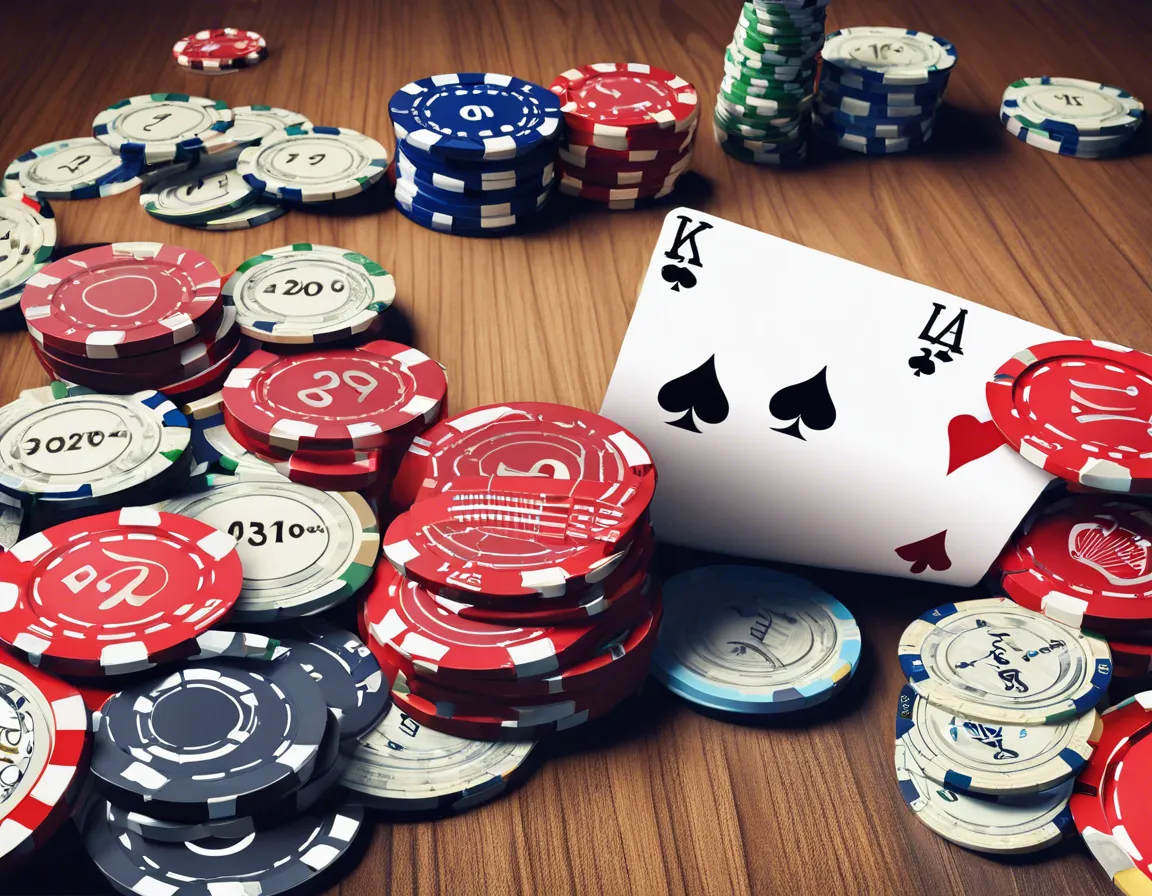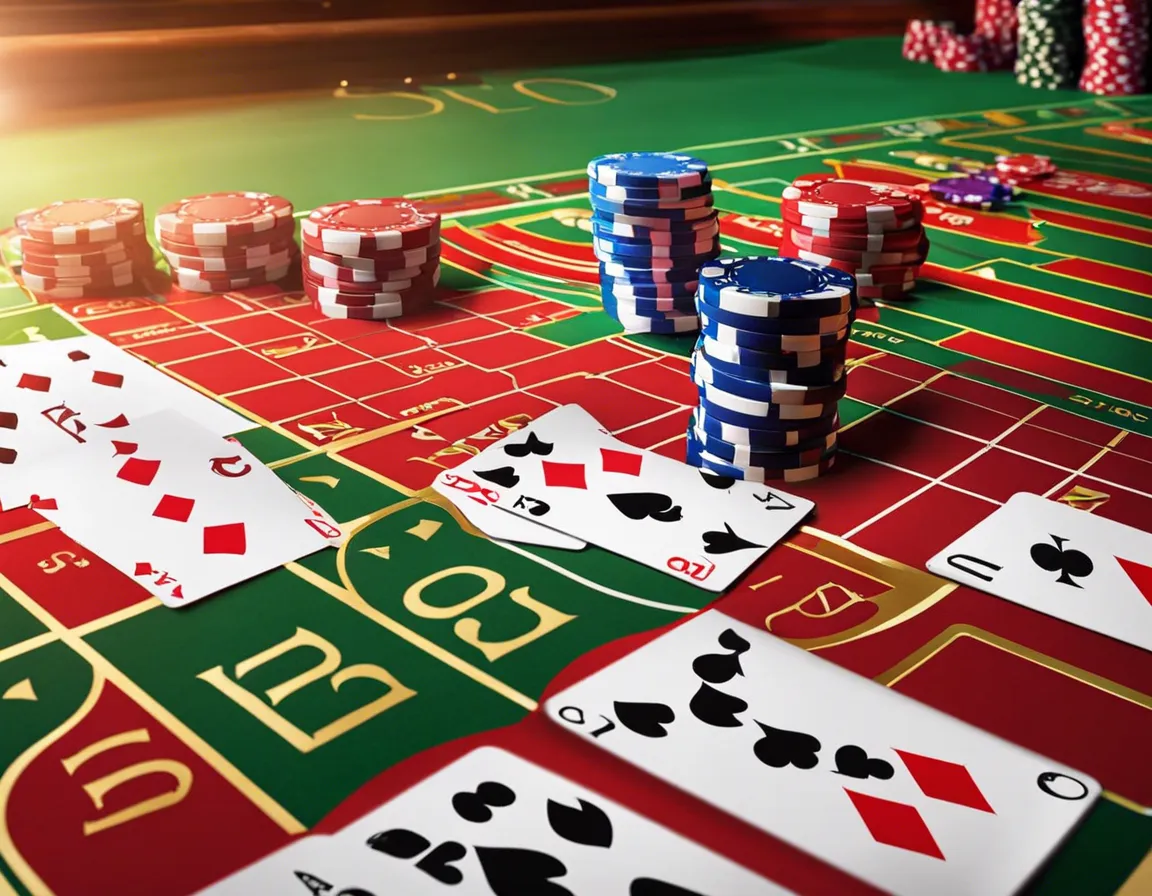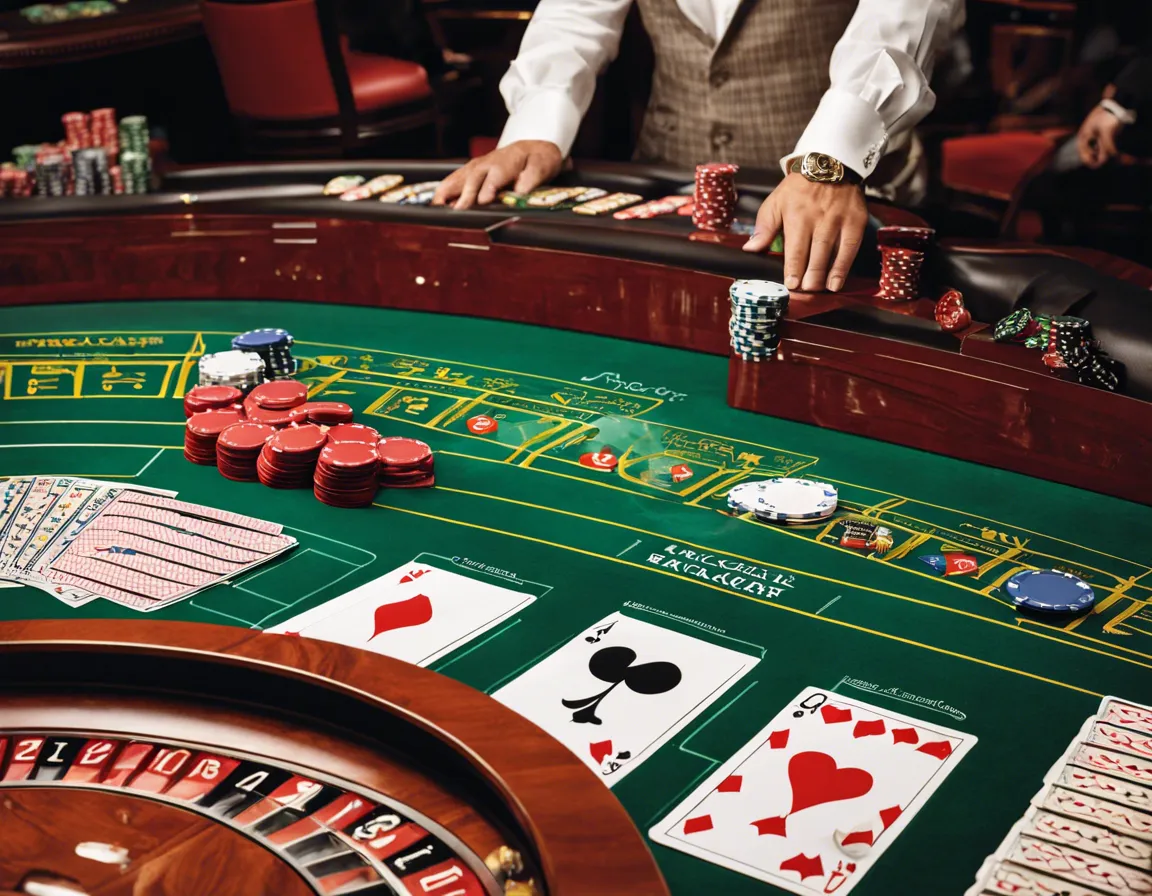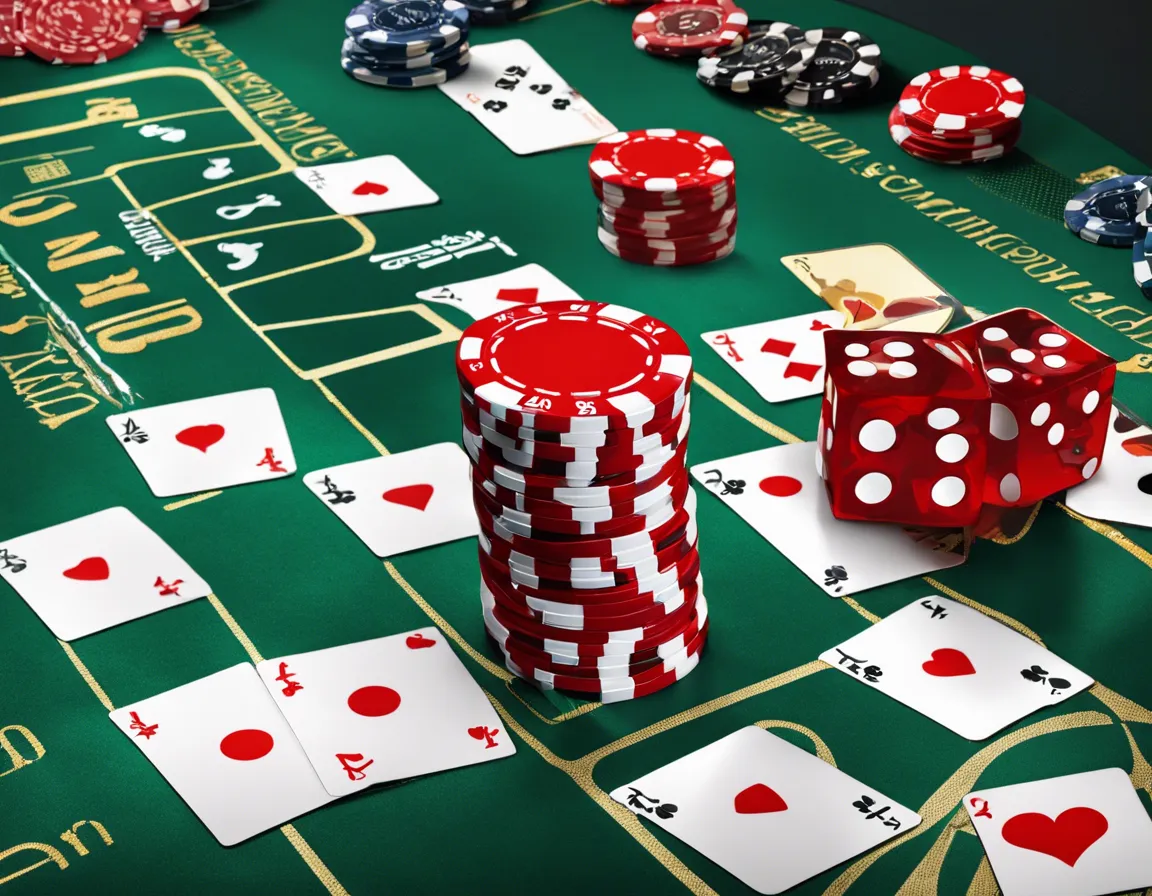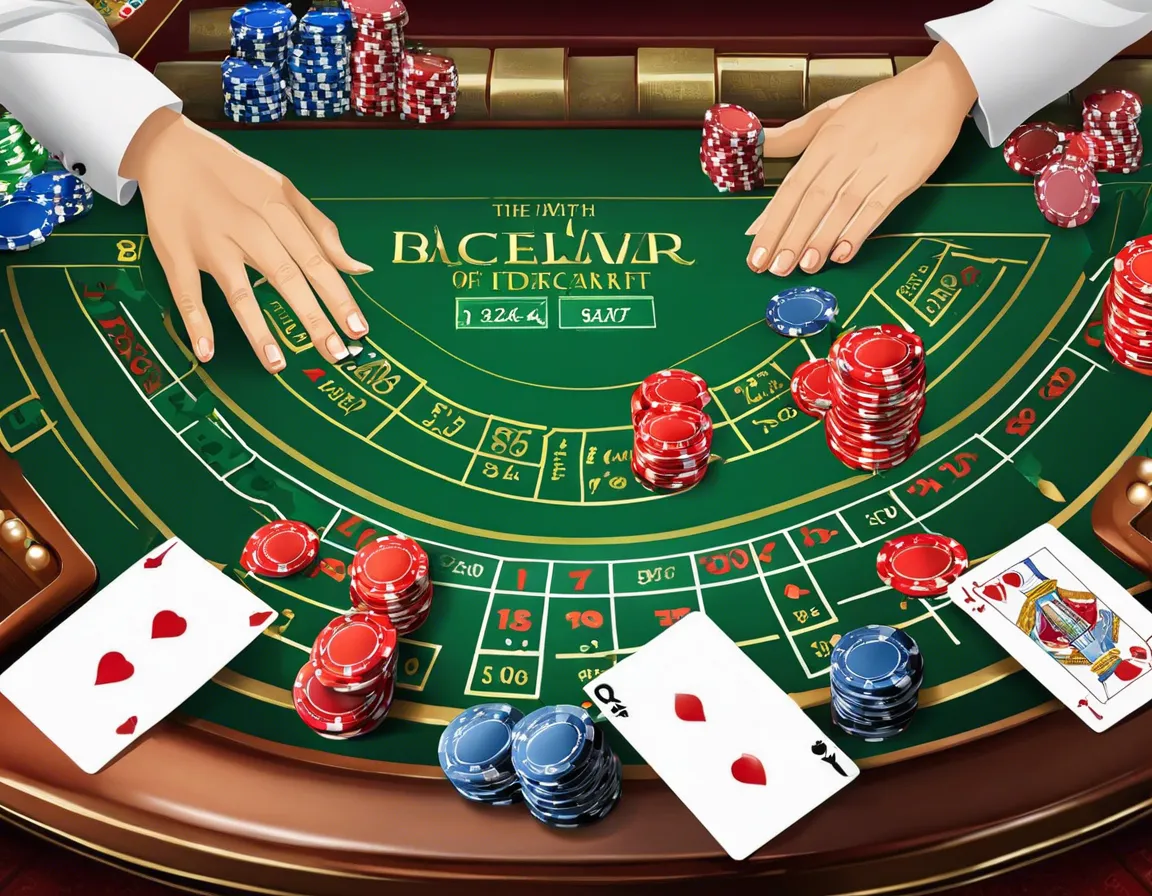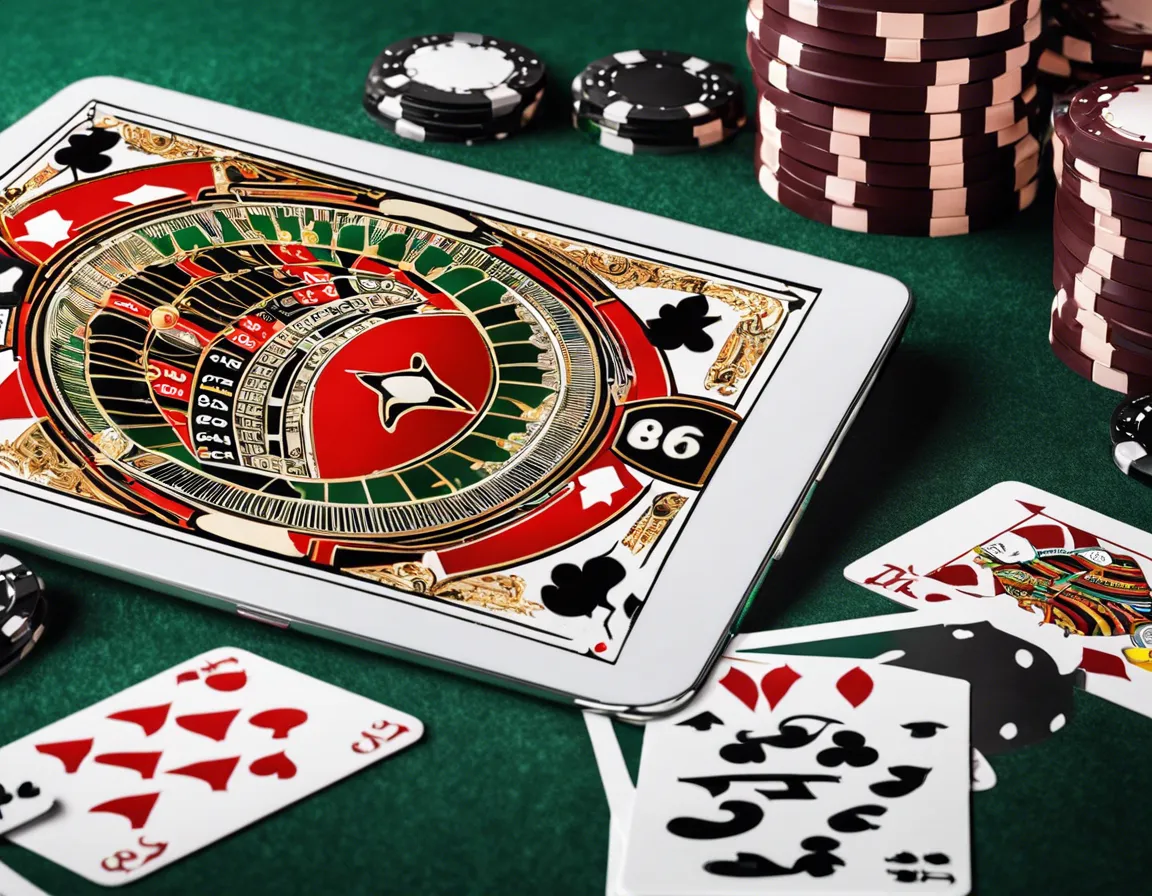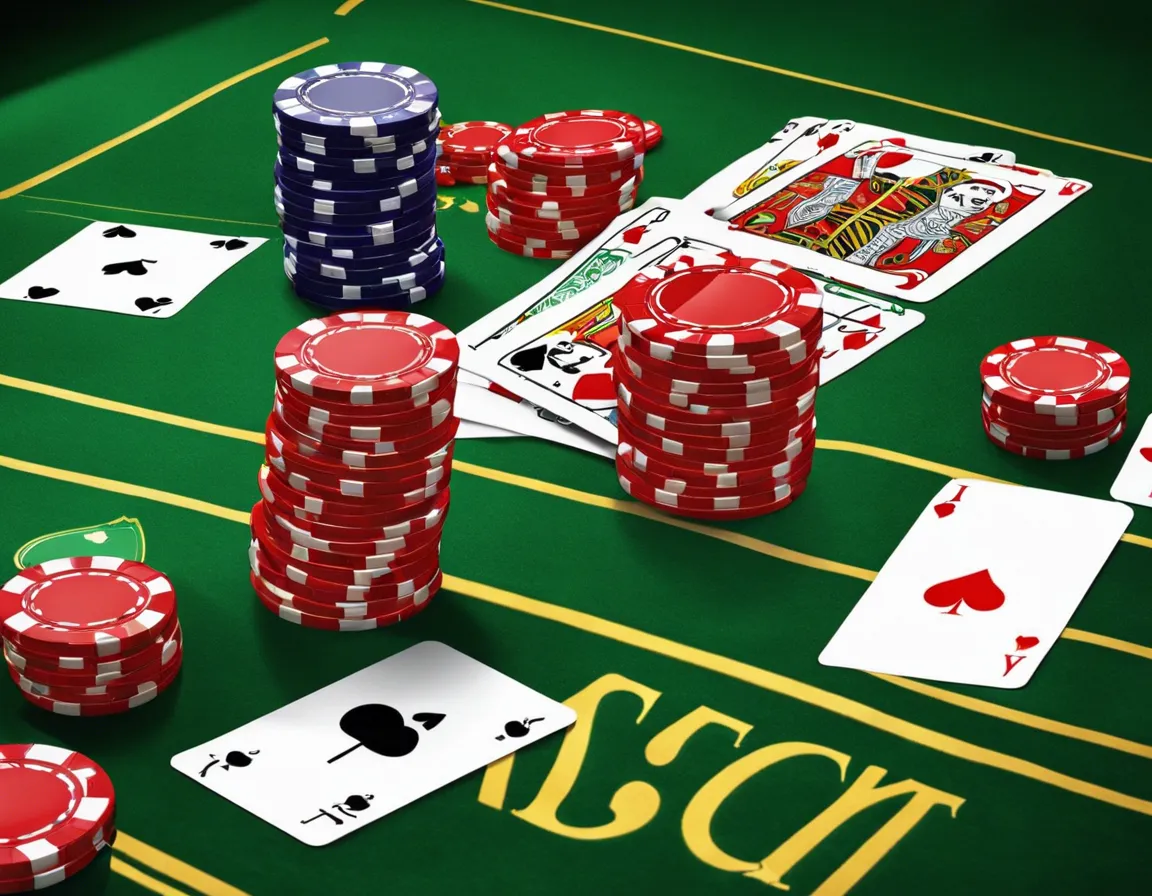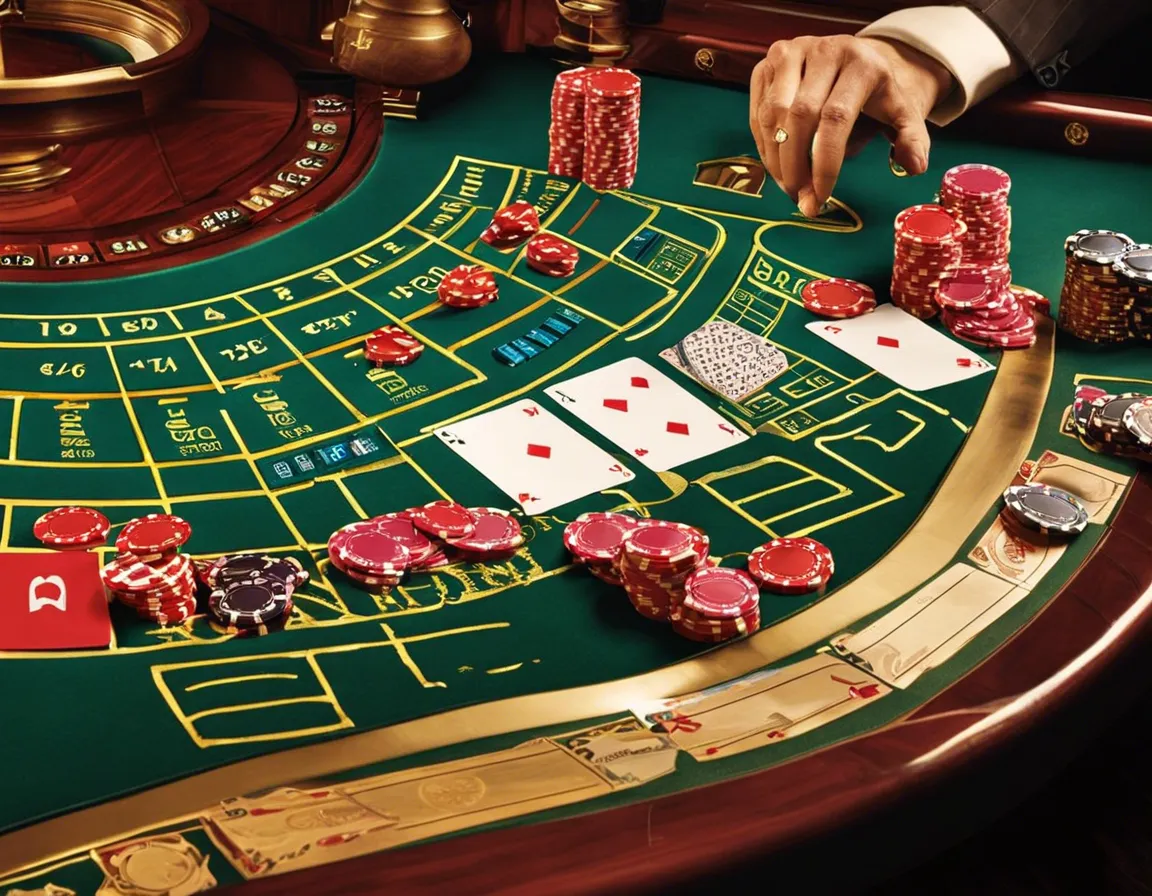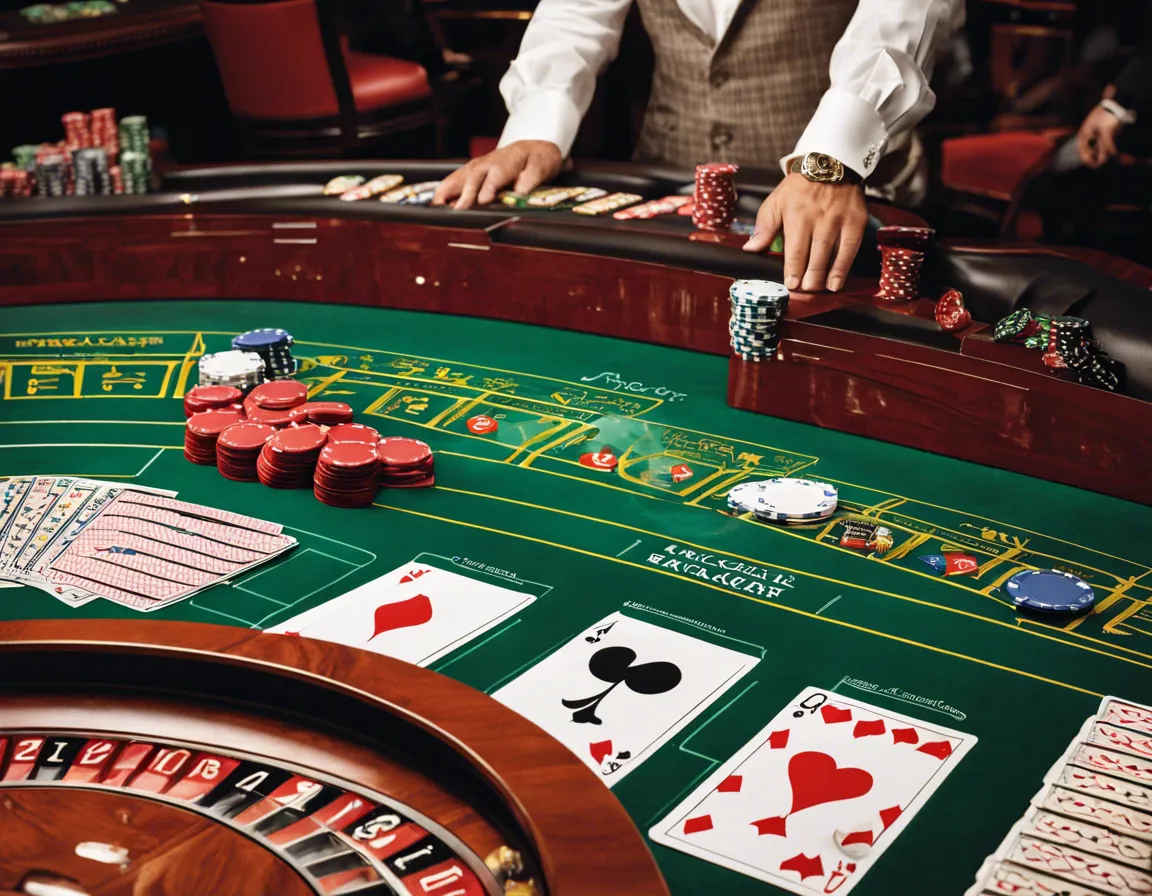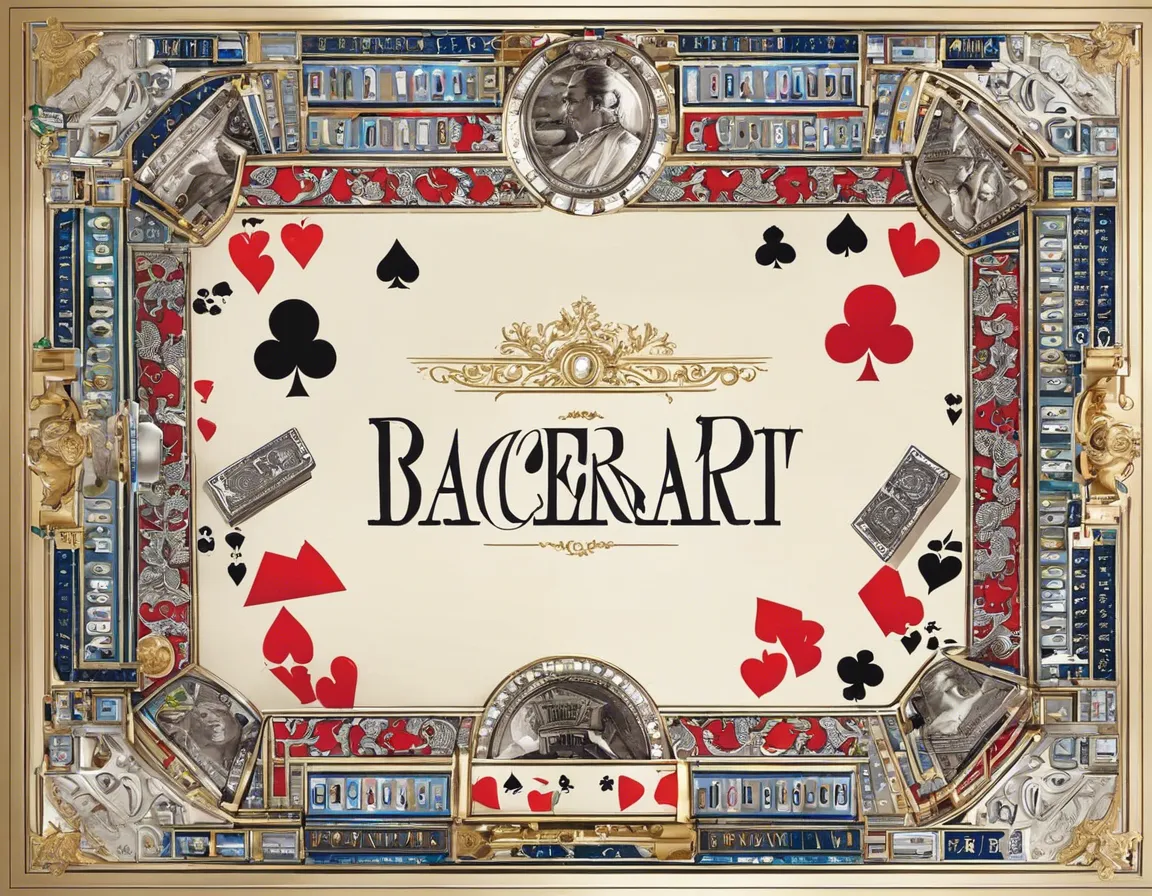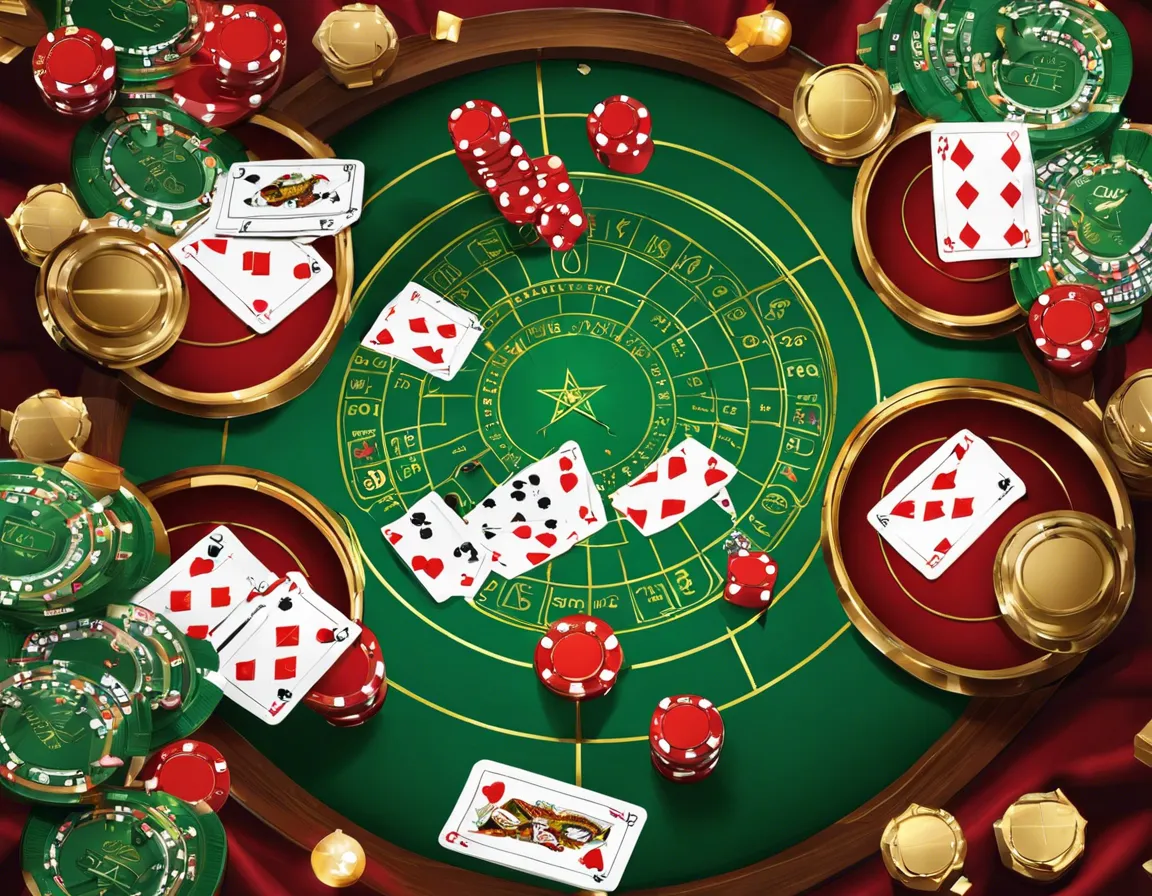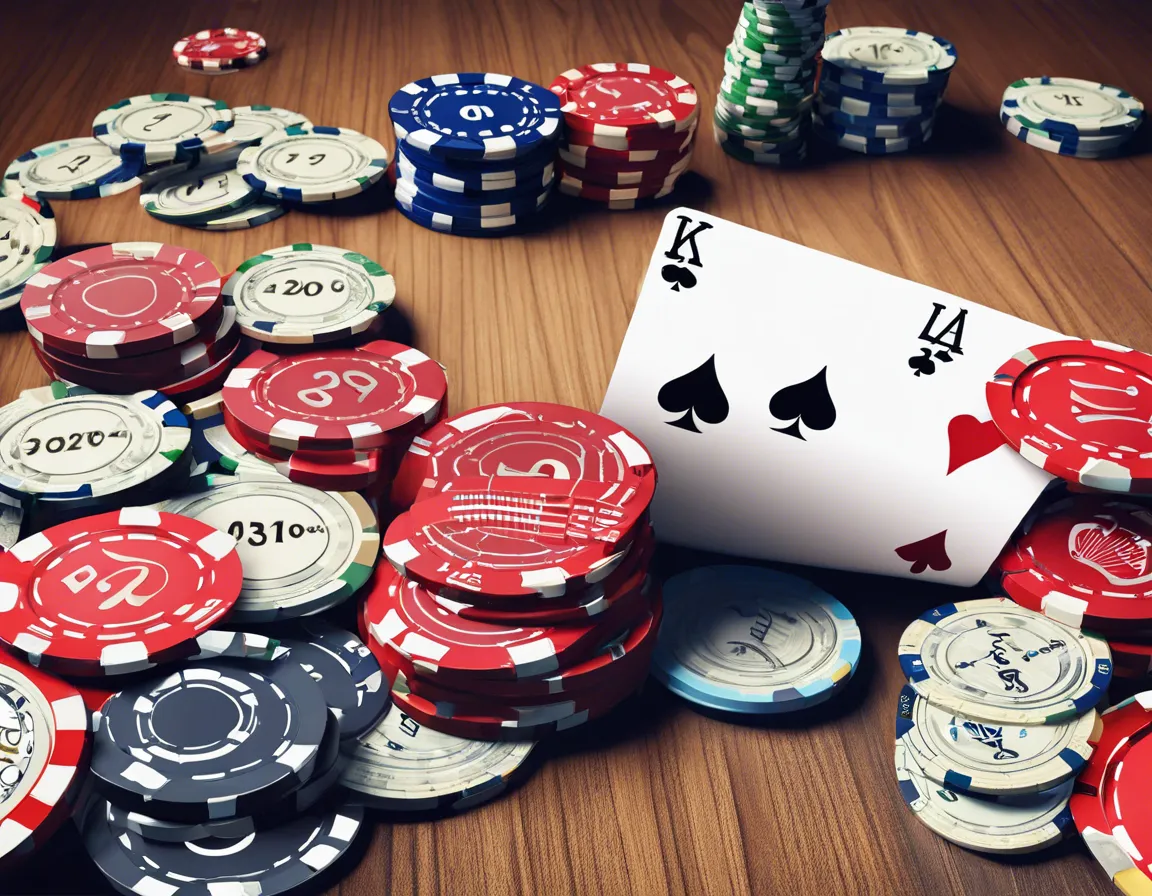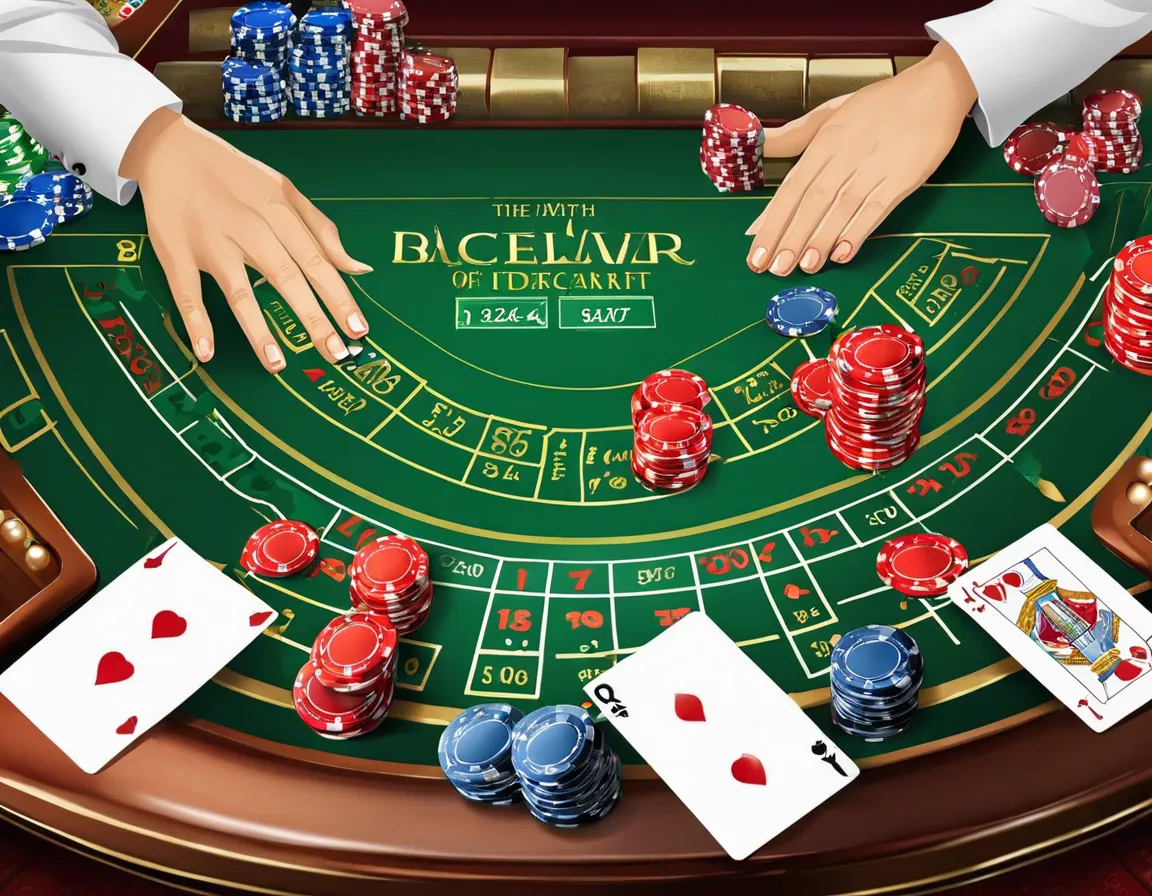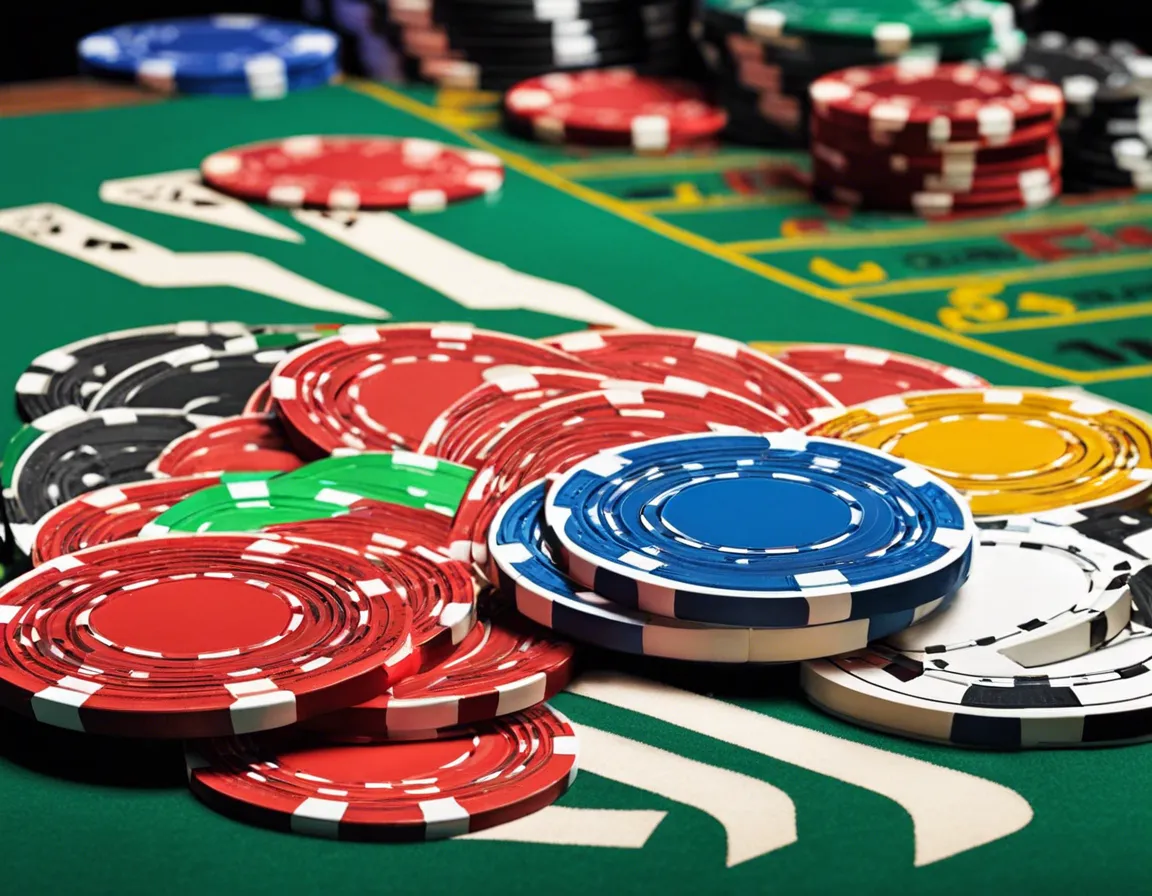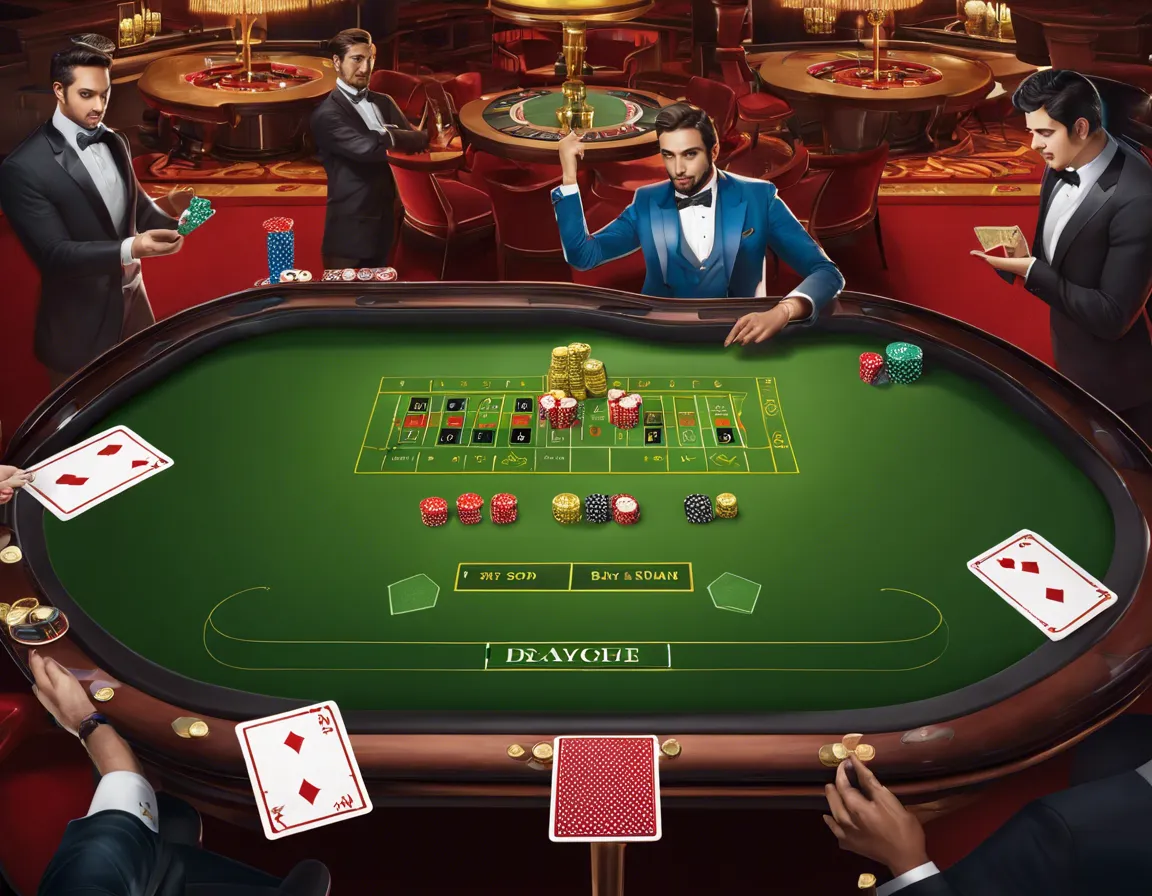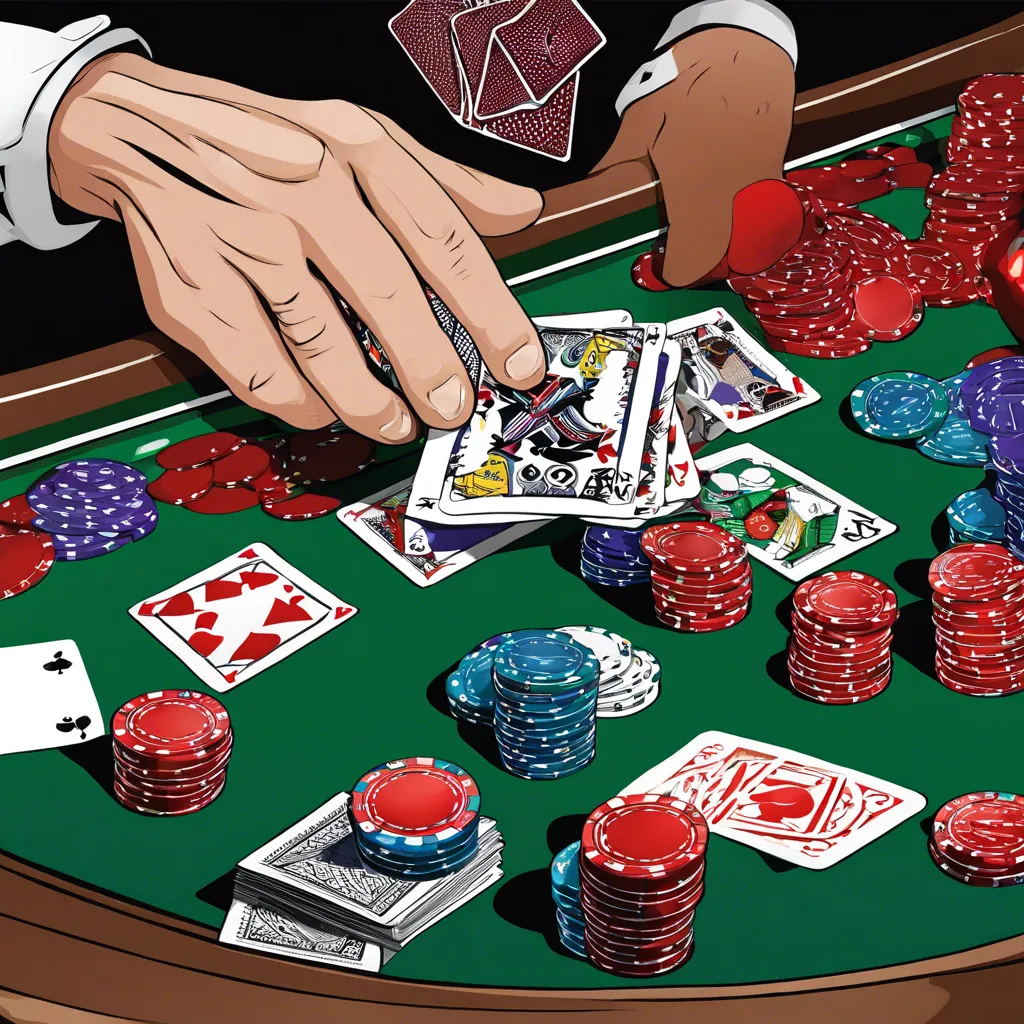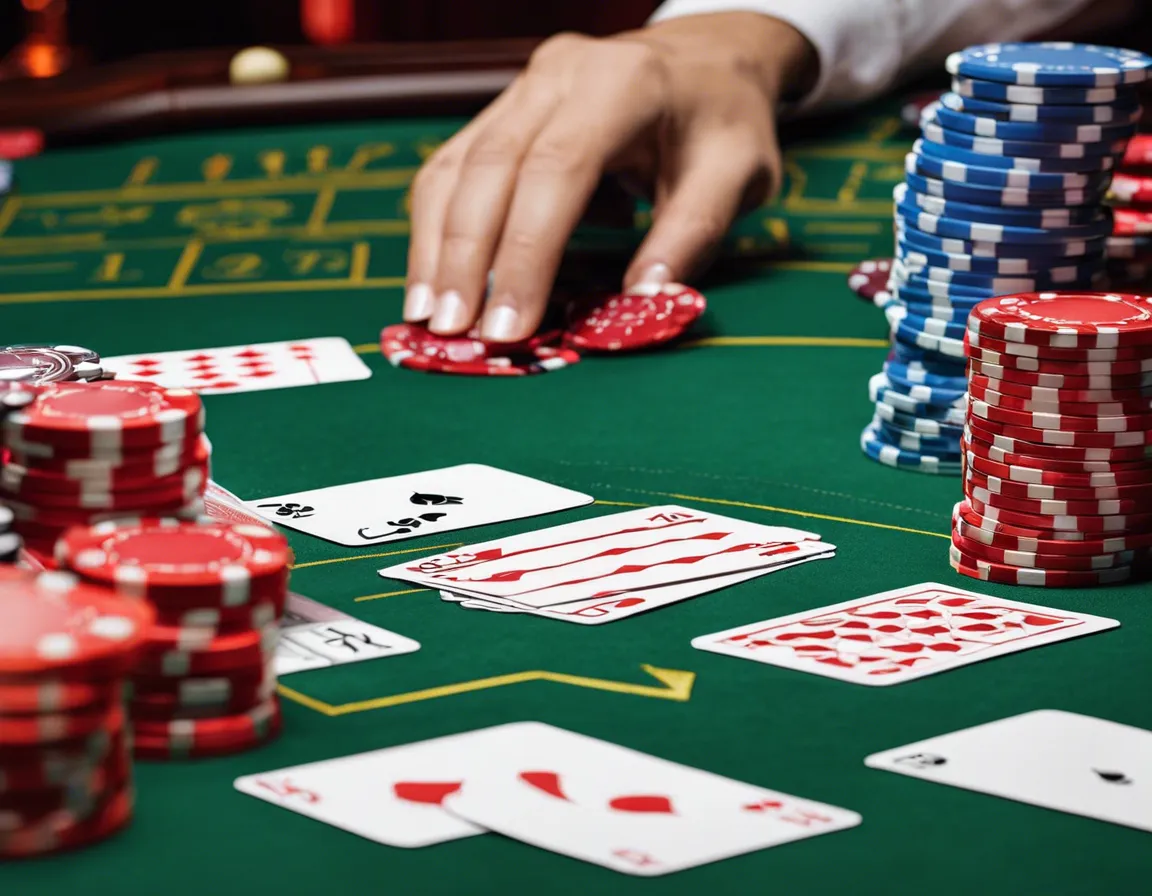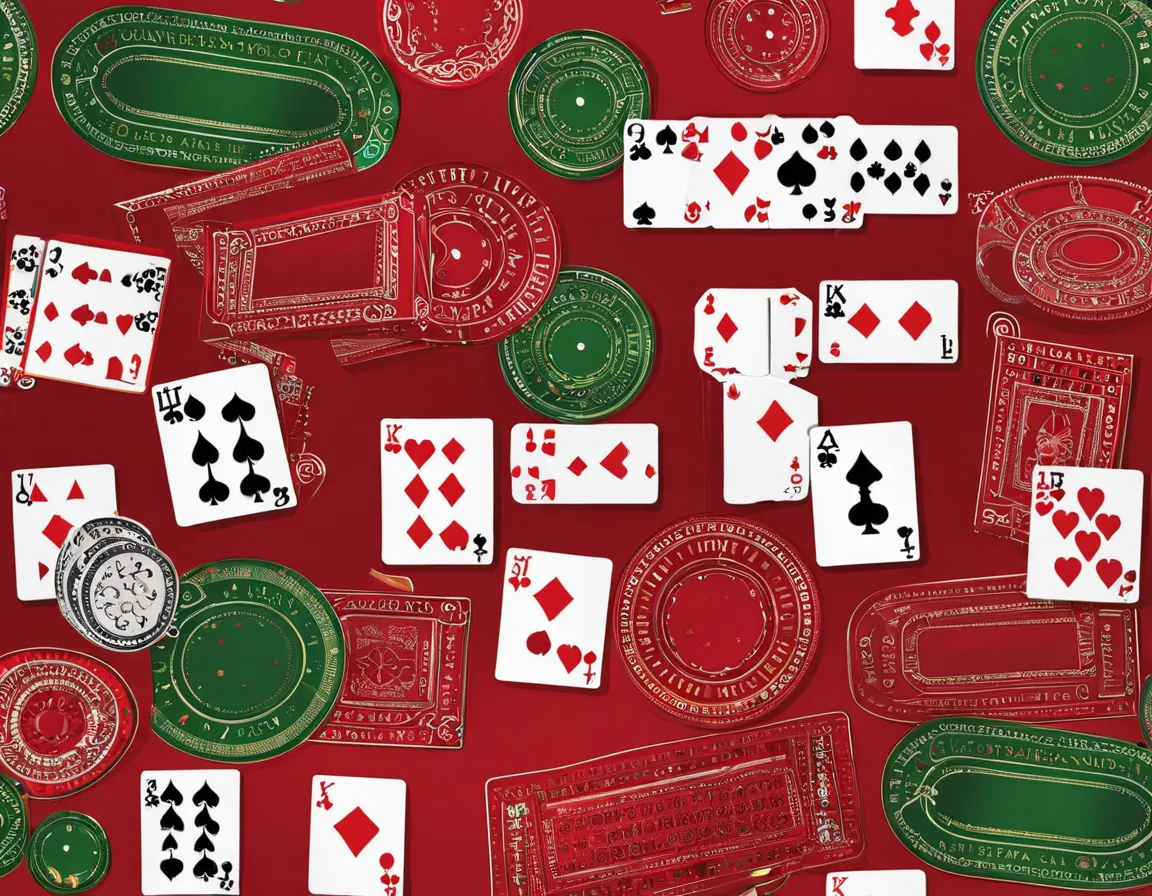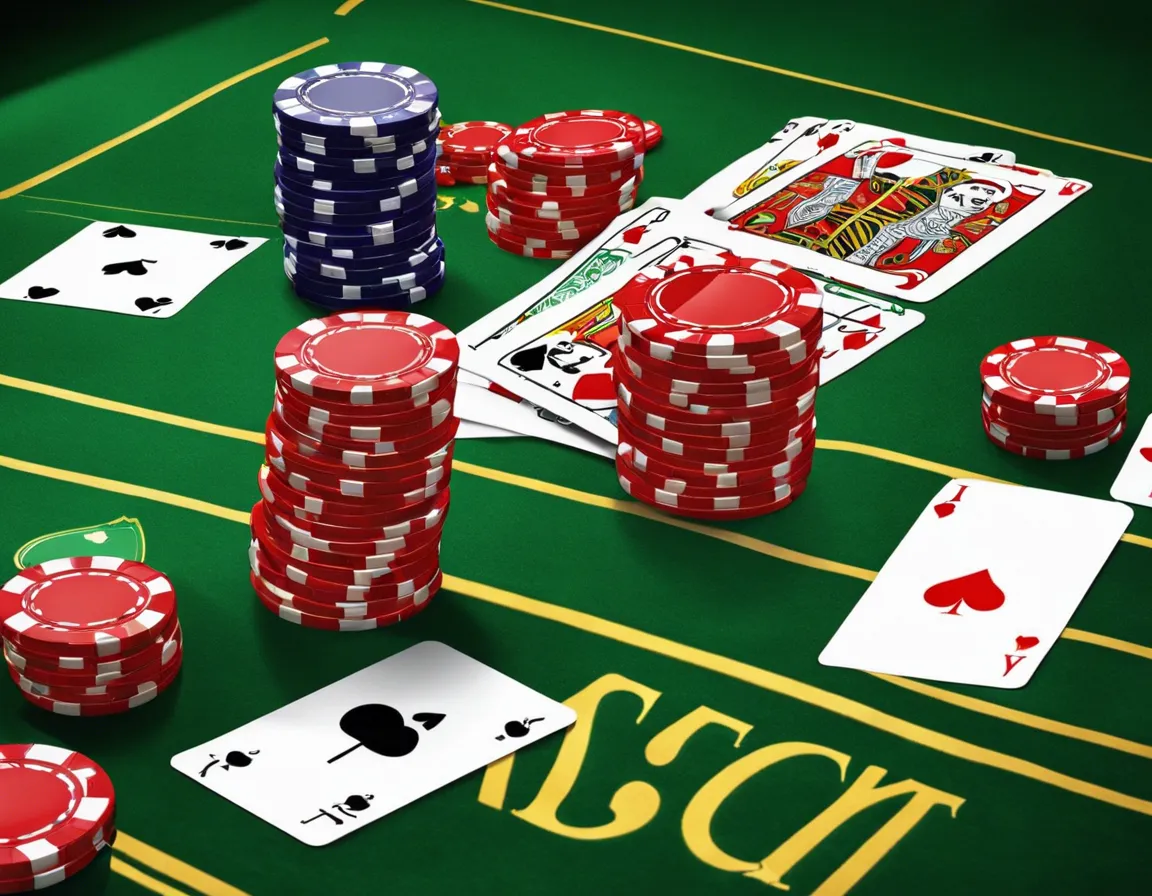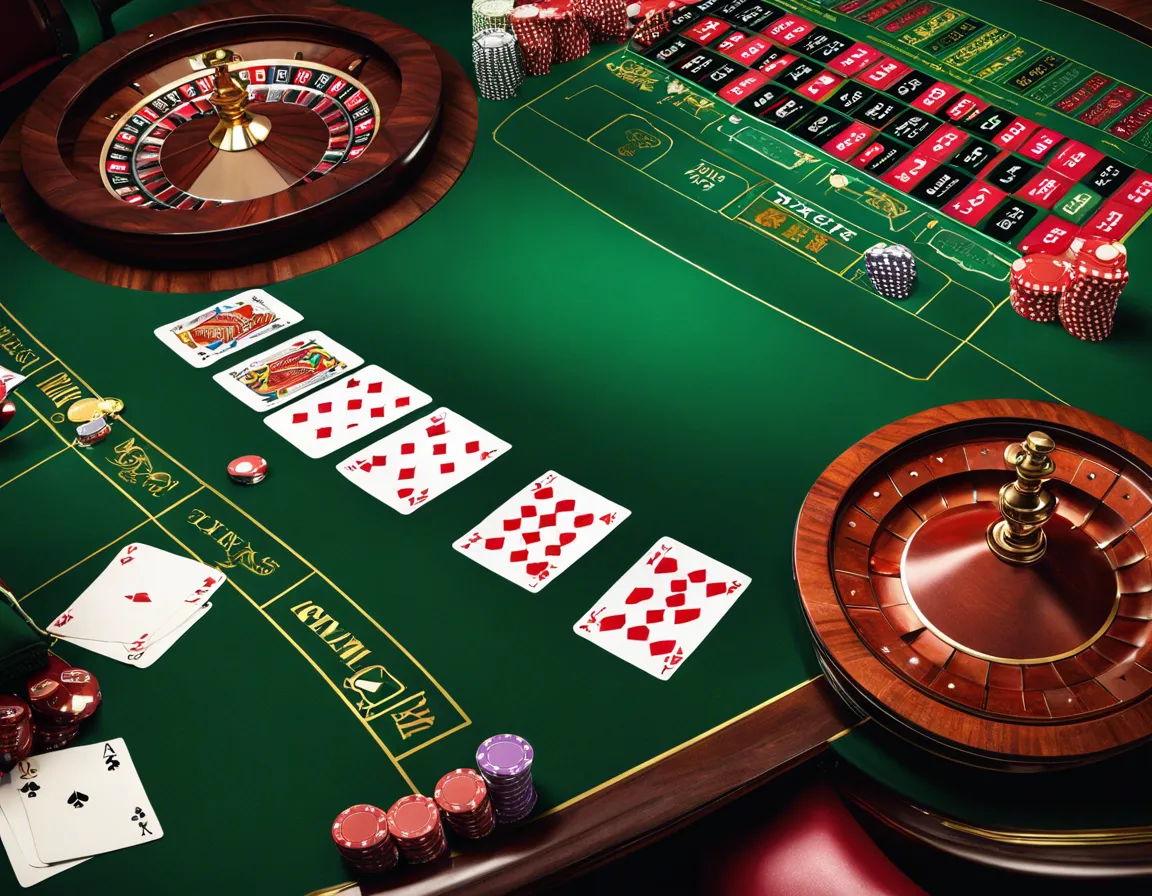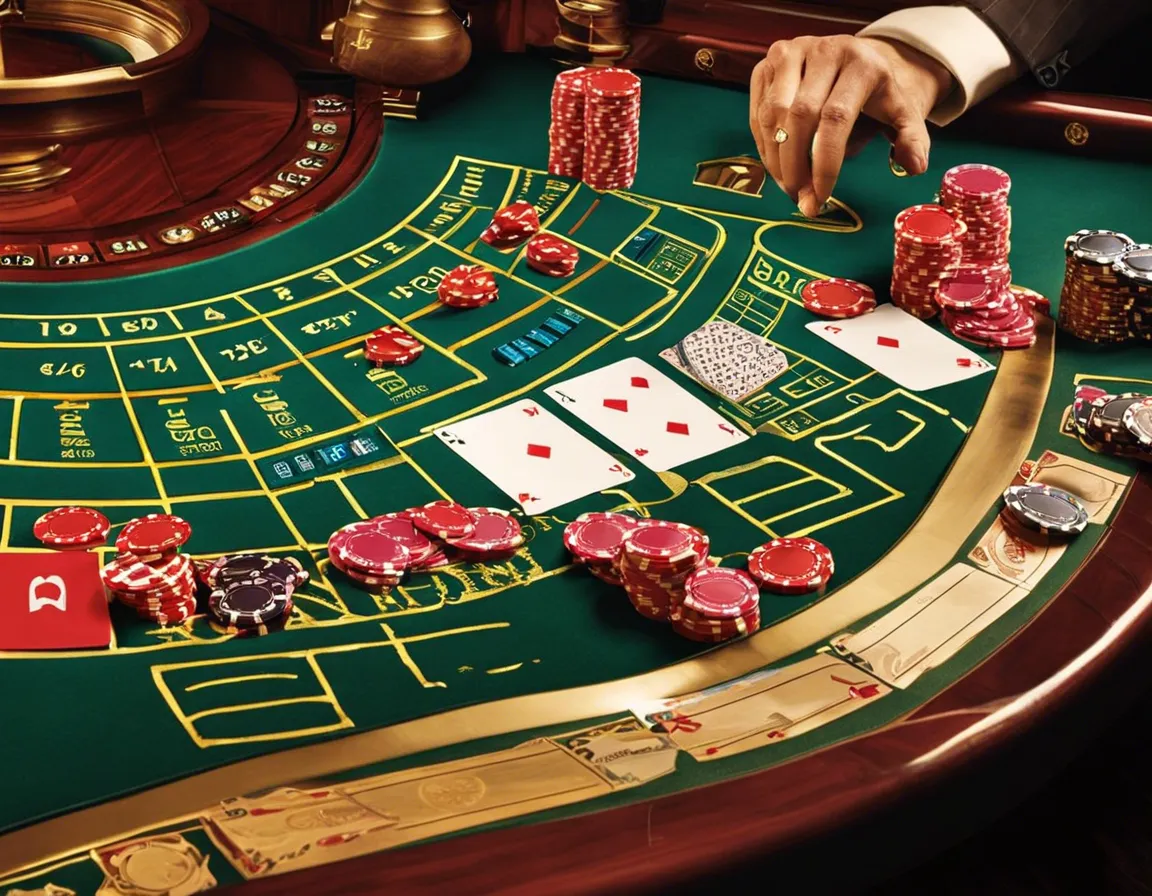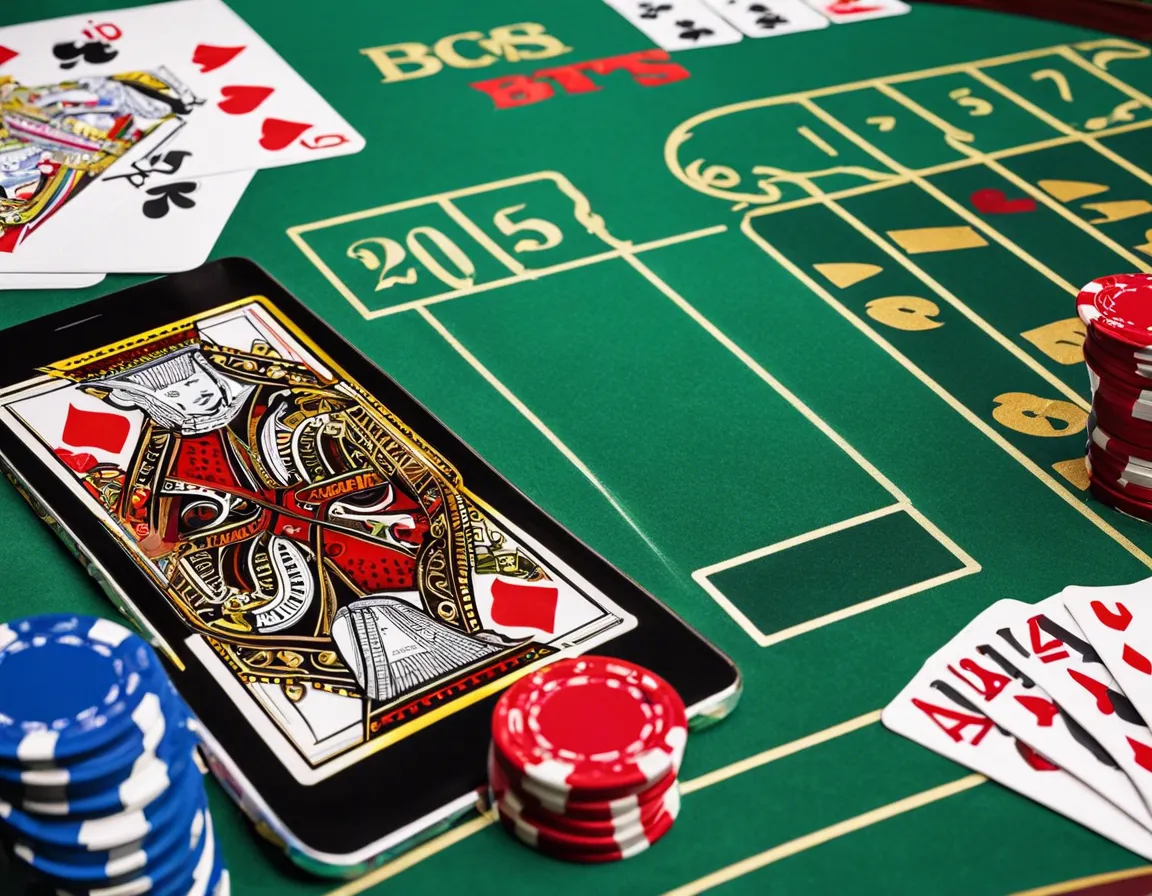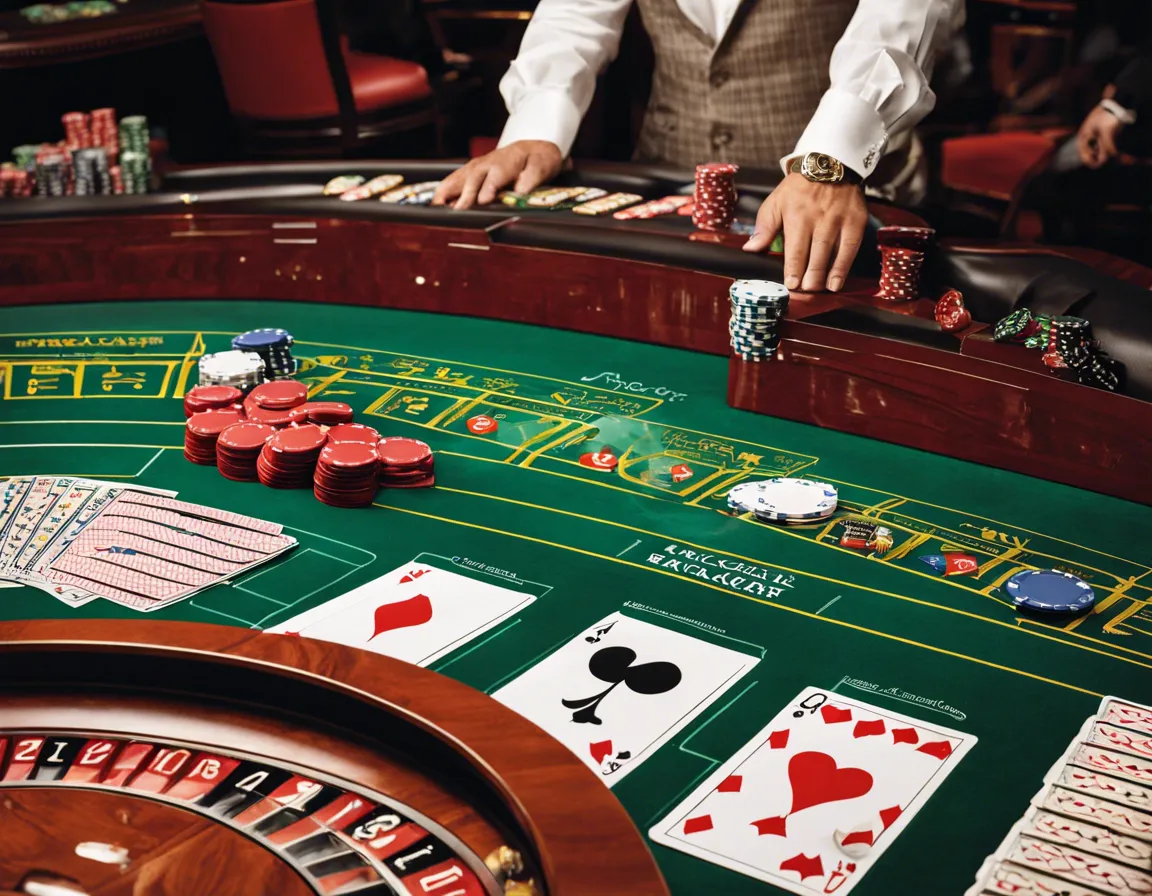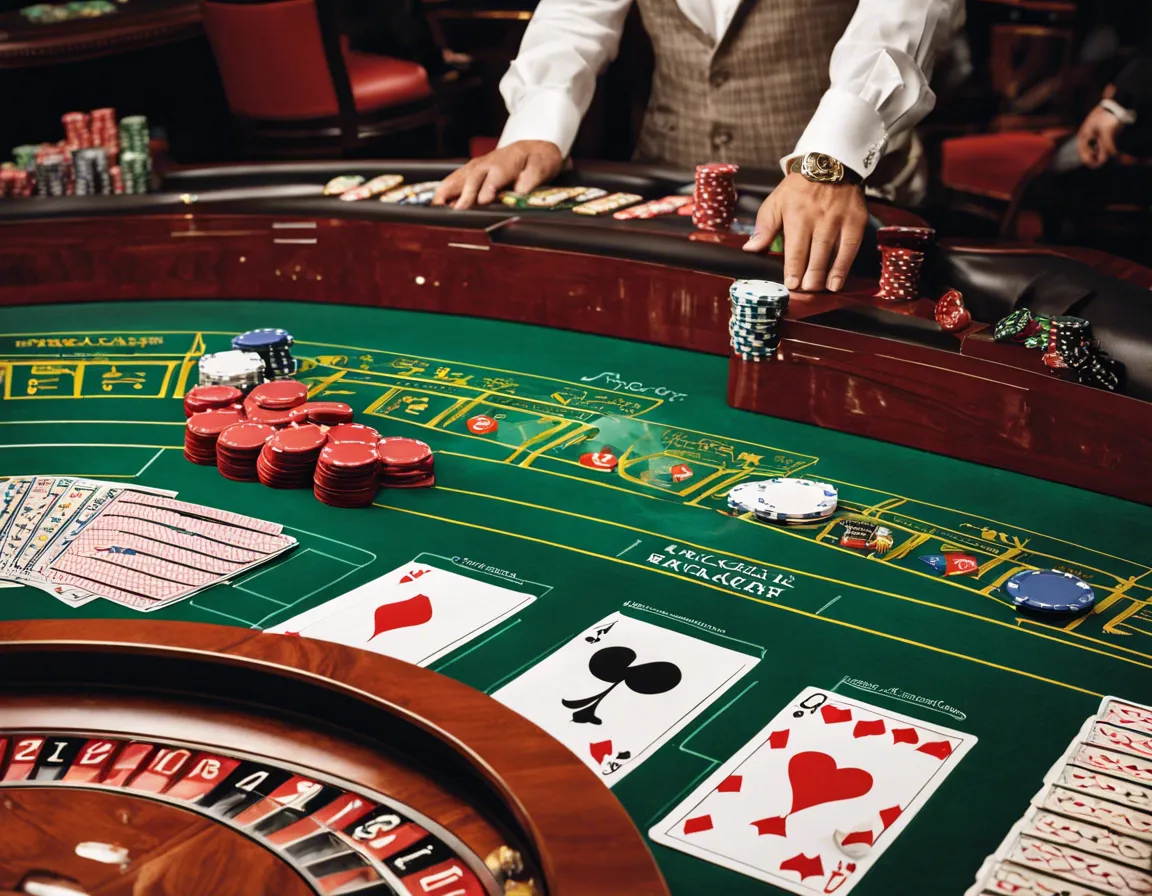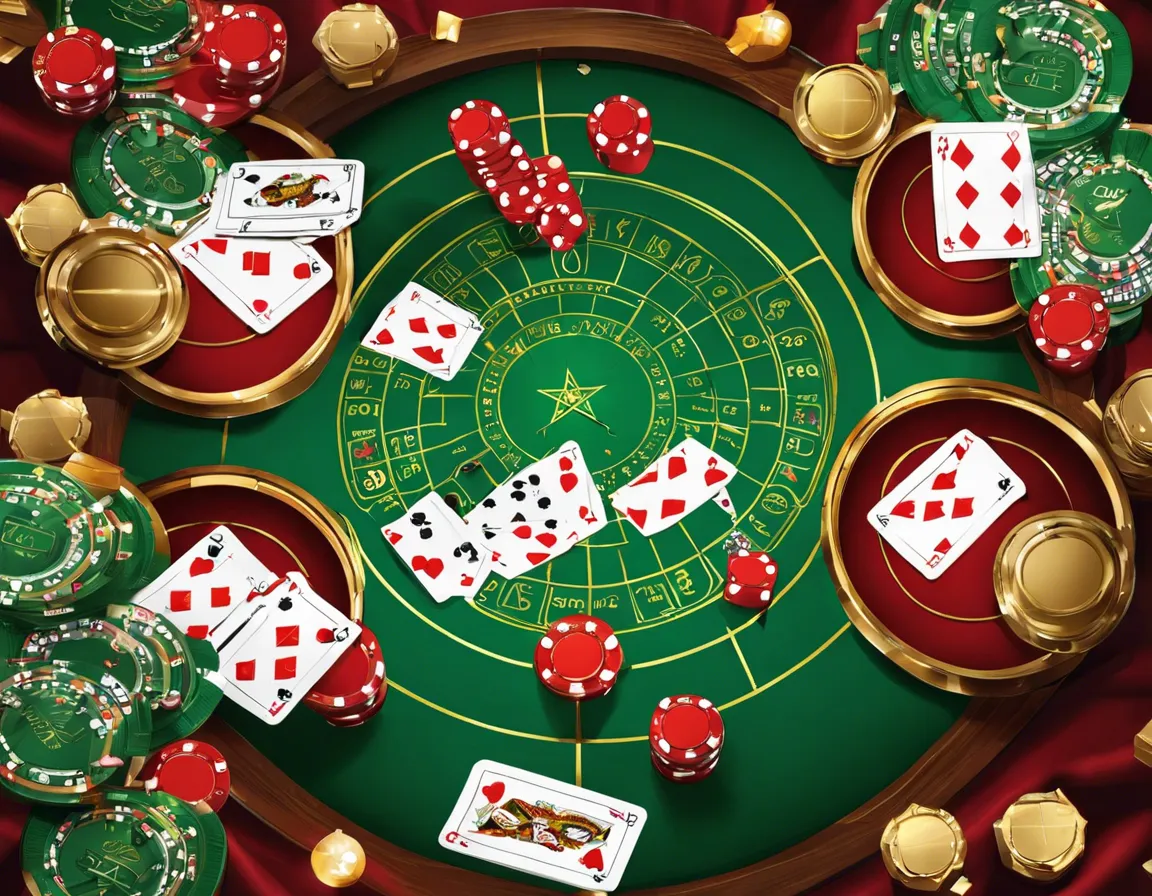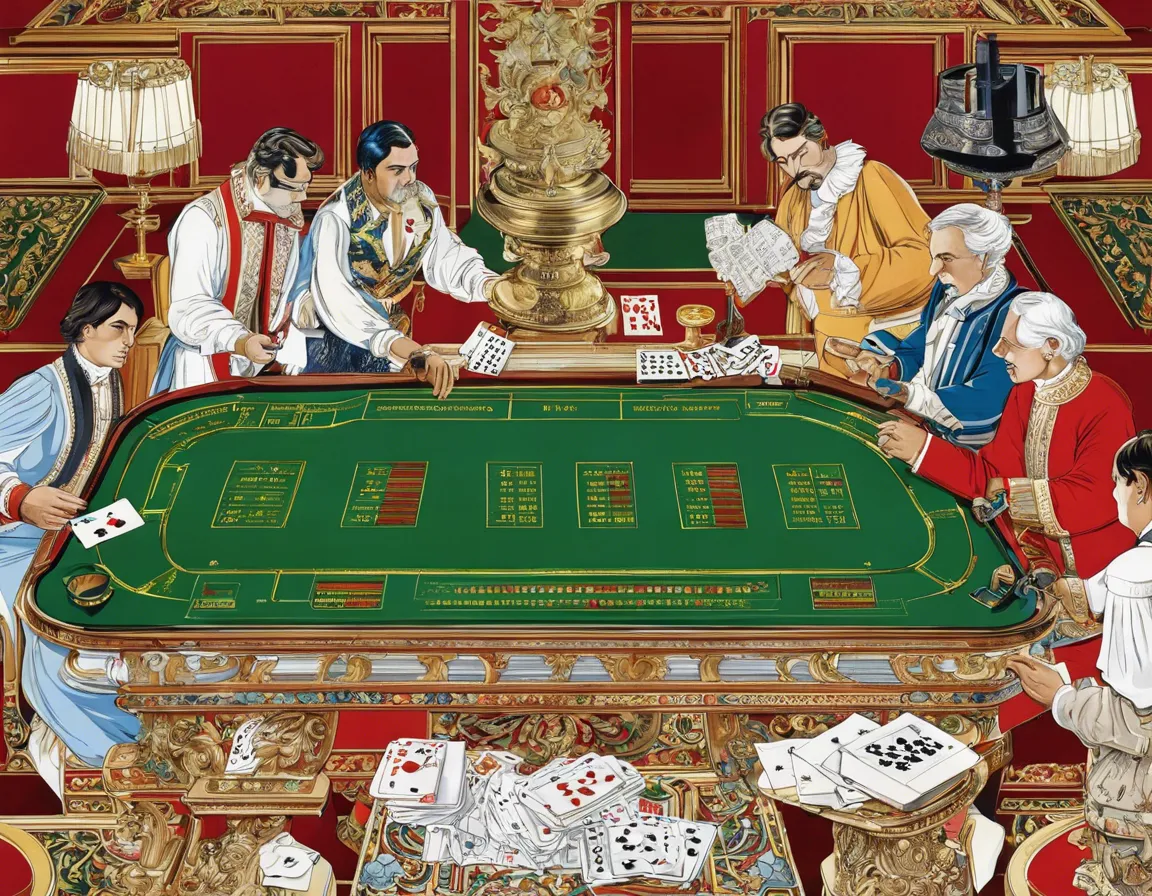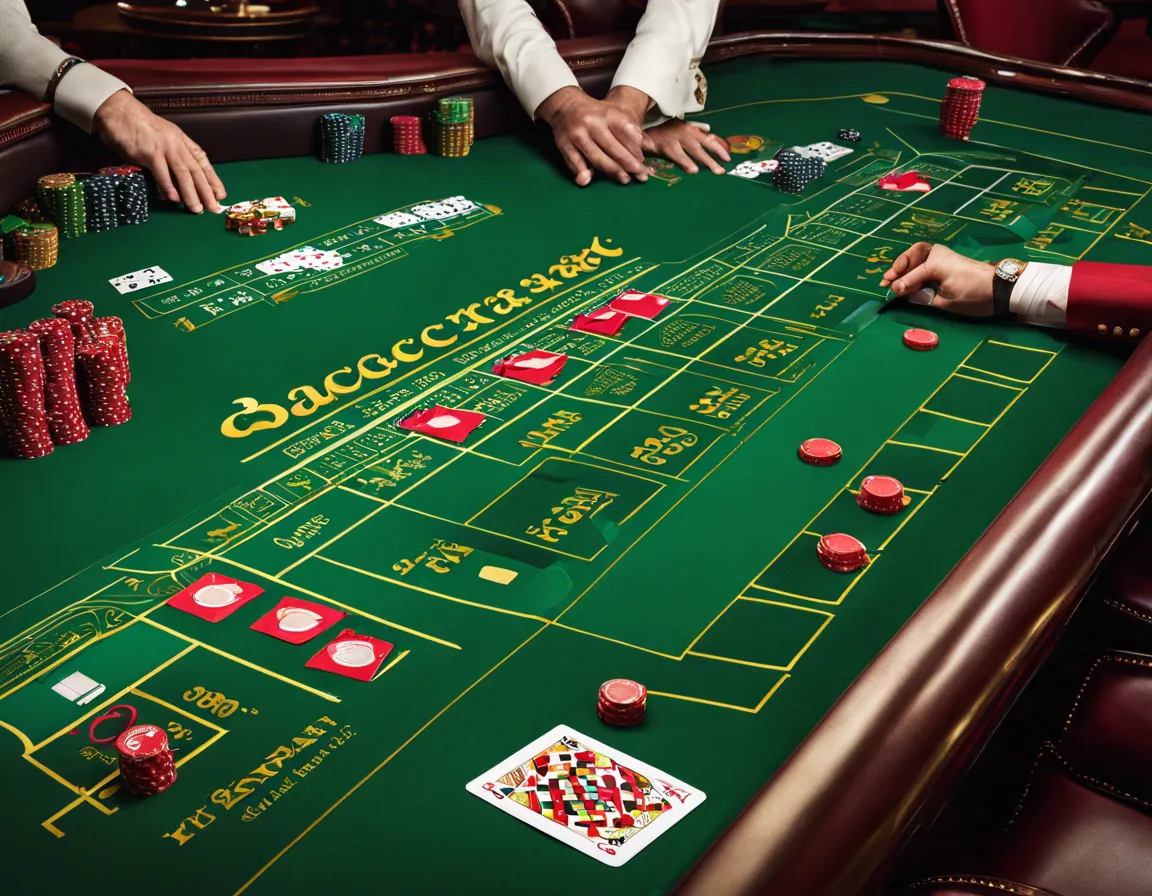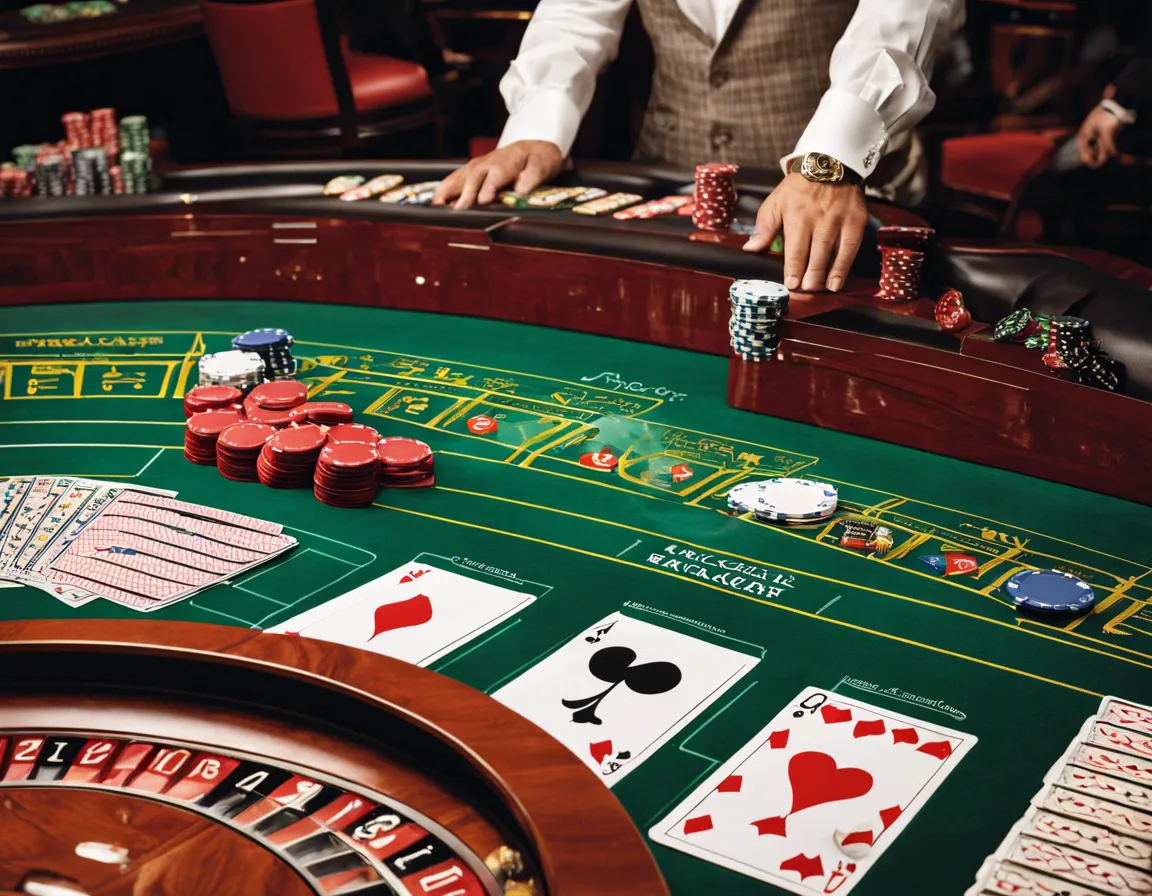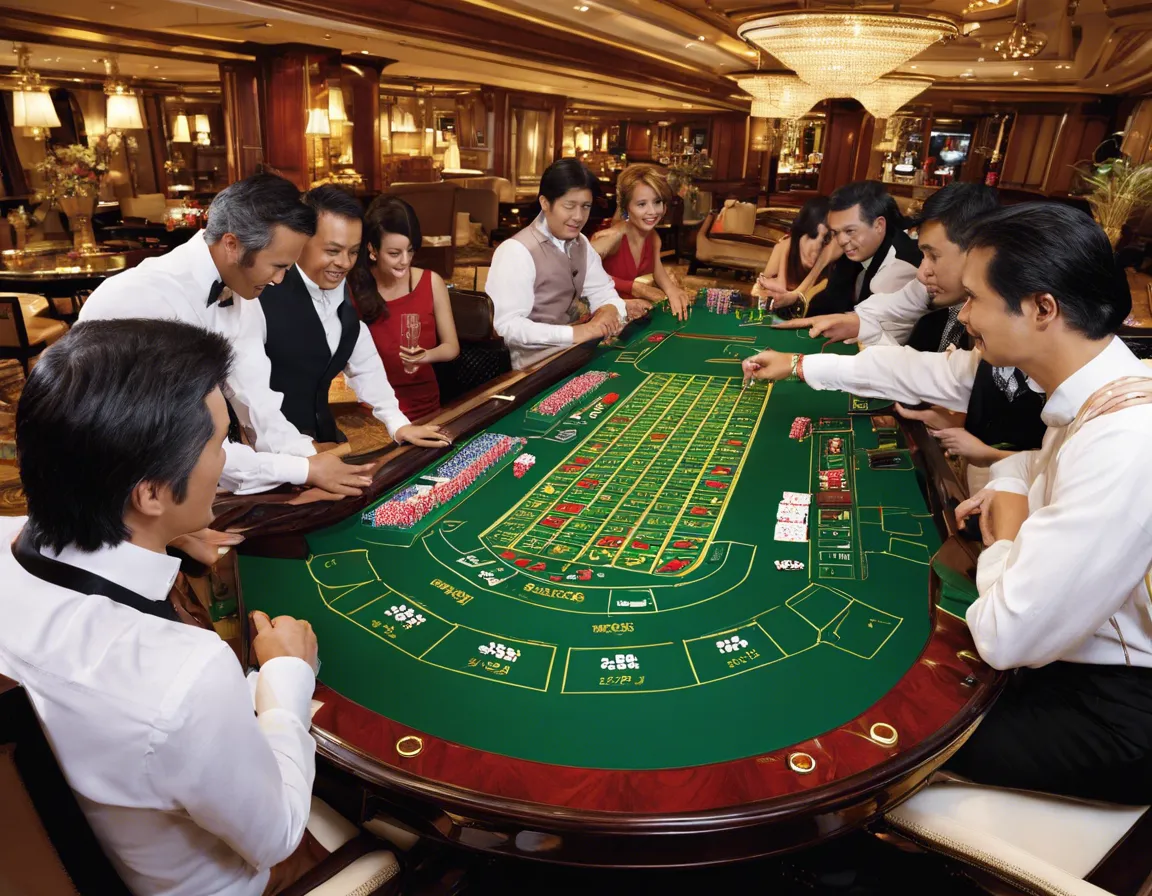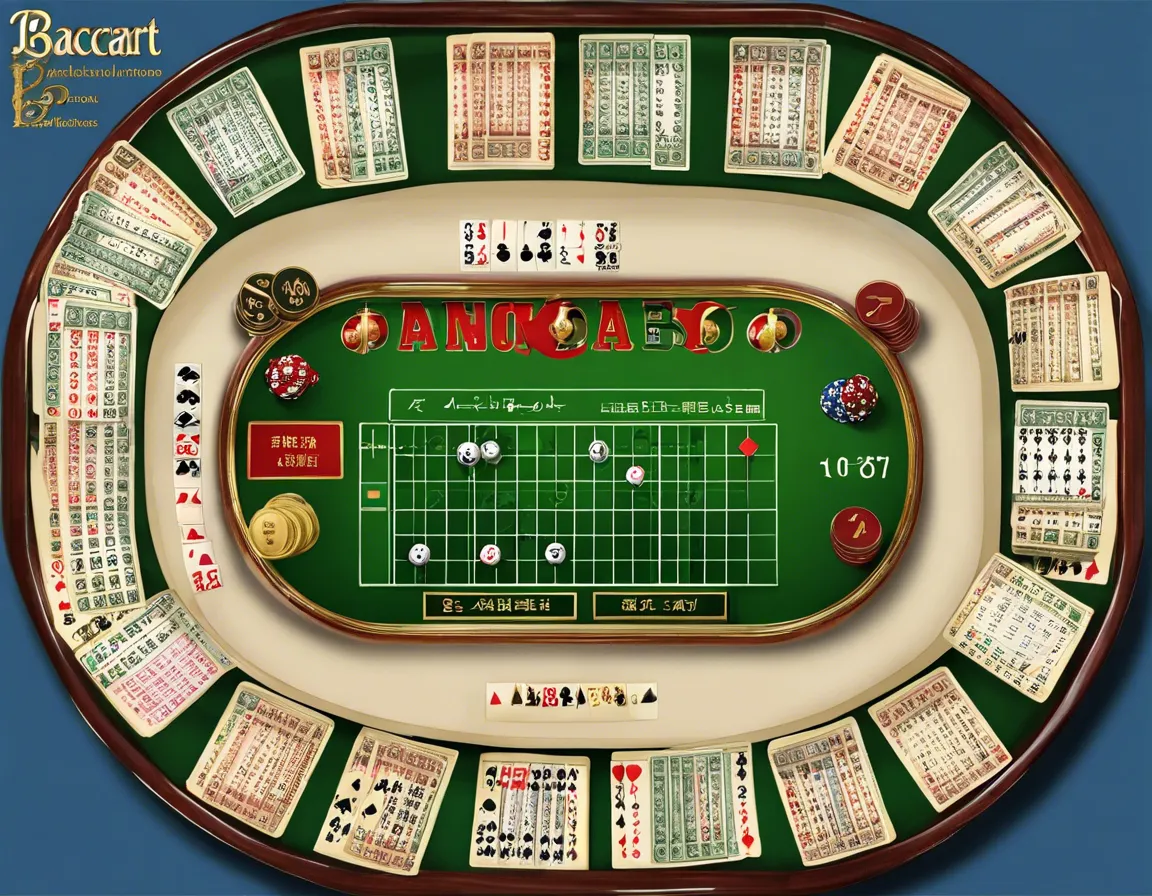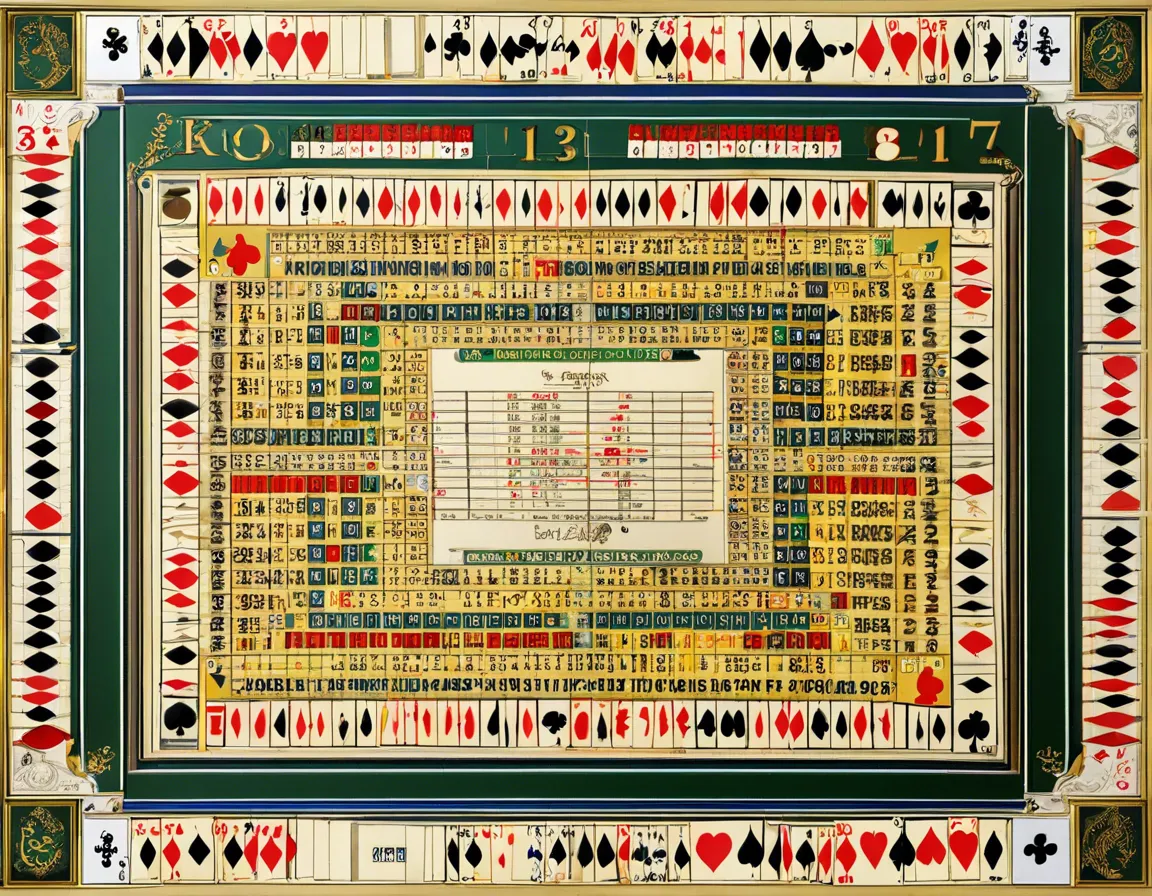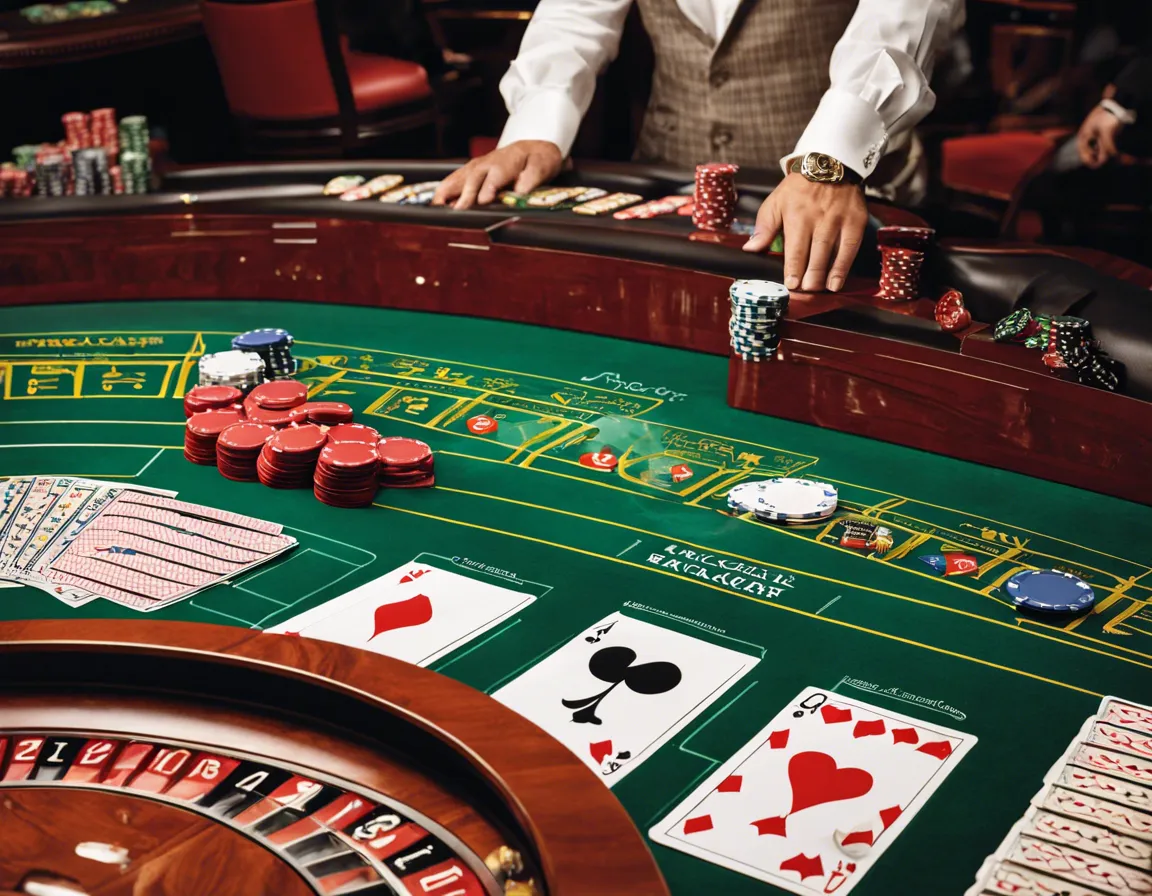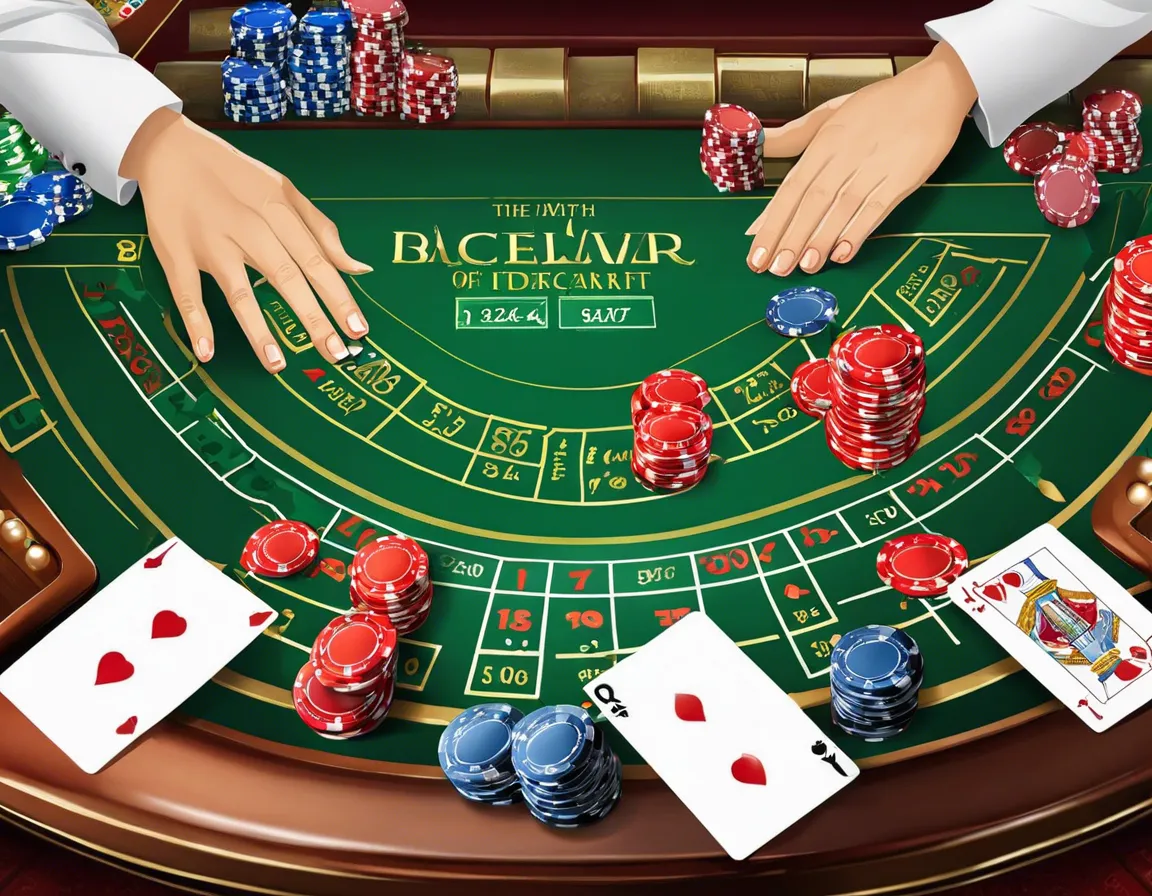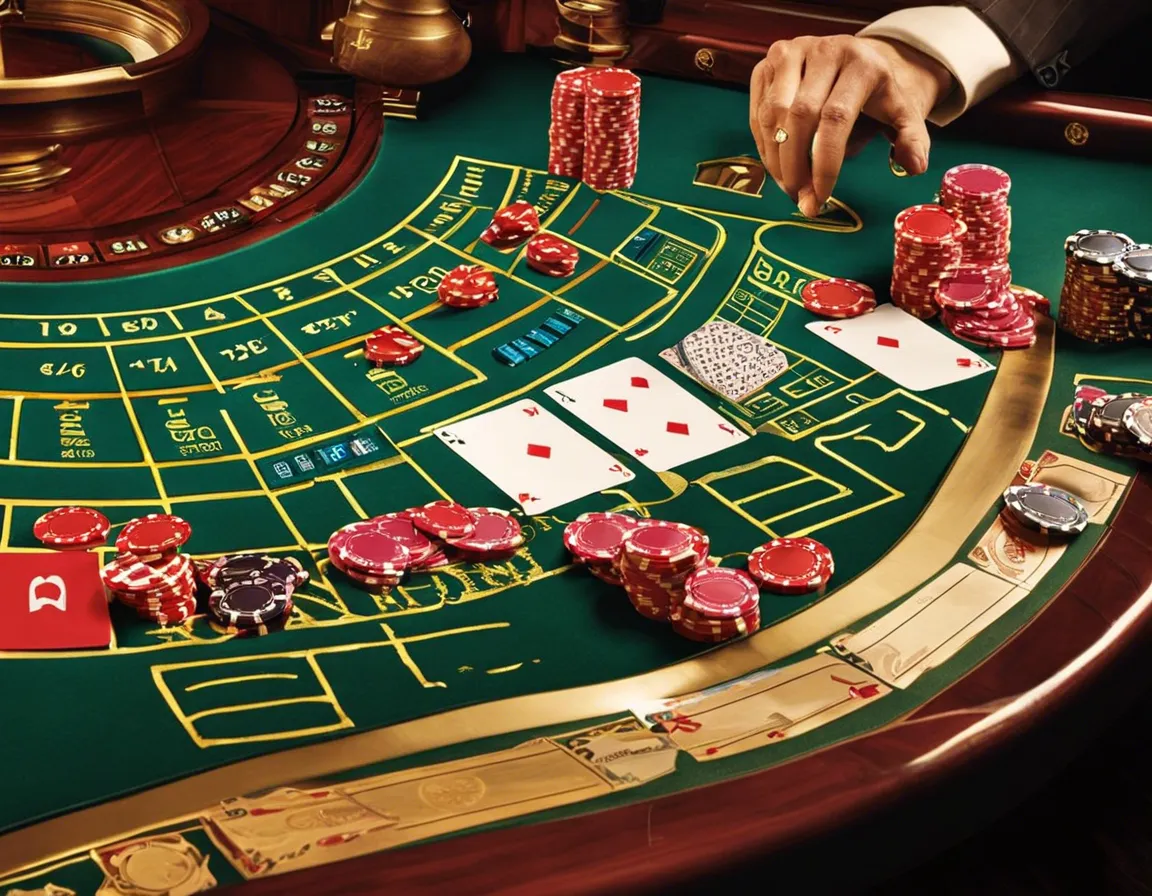Outline of the Article
- Introduction to Baccarat
- What is Luck?
- The Role of Luck in Baccarat
- Luck in Card Distribution
- Luck in Player Decisions
- Understanding Randomness
- Randomness in Baccarat
- Probability and Statistics in Baccarat
- Strategies to Mitigate the Impact of Luck
- Bankroll Management
- Betting Systems
- The Psychology of Luck in Baccarat
- Conclusion
- FAQs
- Is Baccarat purely a game of luck?
- Can strategies improve your chances in Baccarat?
- How do casinos ensure fairness in Baccarat?
- What are some common misconceptions about luck in Baccarat?
- How does understanding randomness benefit Baccarat players?
Baccarat and Luck: Understanding Randomness
Baccarat, often associated with sophistication and elegance, is a popular card game that has intrigued players for centuries. Central to the allure of Baccarat is the element of luck, which plays a significant role in shaping the outcome of each hand. In this article, we delve into the relationship between Baccarat and luck, with a focus on understanding randomness and its implications for players.
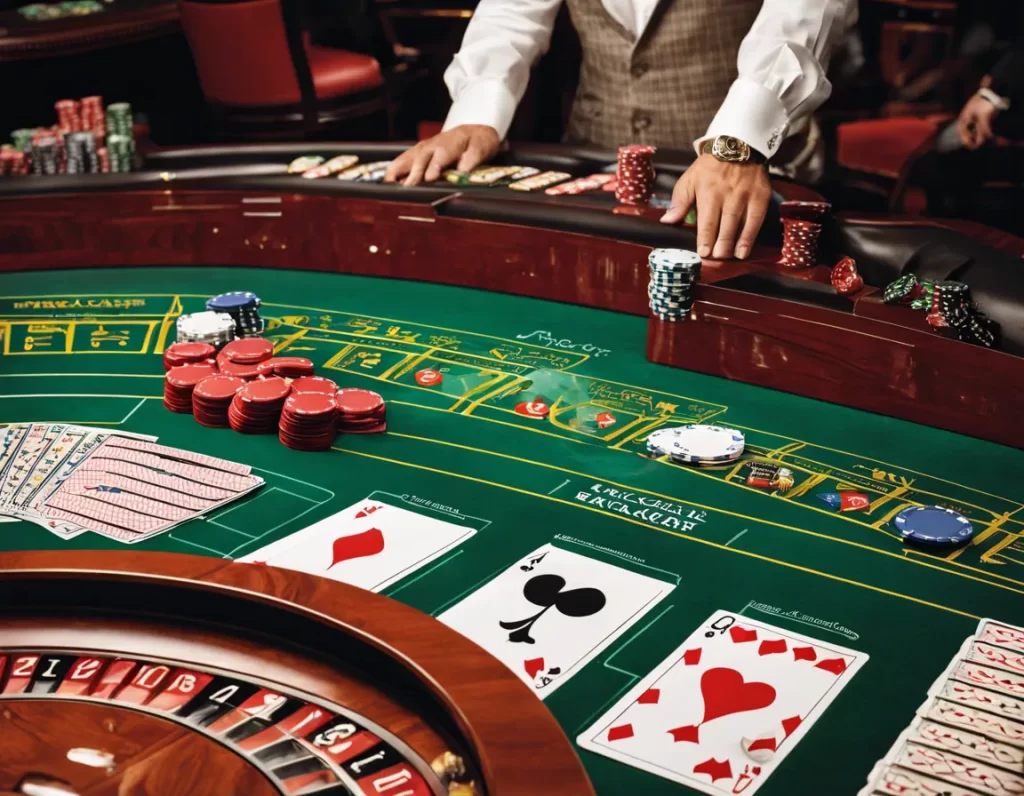
Introduction to Baccarat
Baccarat is a card game that originated in Italy and gained popularity in France during the 19th century. It involves comparing the hands of two players: the player and the banker. The objective is to bet on the hand that will have a total value closest to nine. Despite its simplicity, Baccarat offers various betting options, adding layers of excitement to the gameplay.
What is Luck?
Luck, often described as the force that brings about favorable or unfavorable events, is a concept deeply ingrained in human perception. While some attribute luck to chance or fate, others believe it to be a product of personal actions or choices. In the context of gambling, luck plays a pivotal role in determining outcomes and influencing player experiences.
The Role of Luck in Baccarat
Luck in Card Distribution
The distribution of cards in Baccarat is entirely random, governed by the shuffling of multiple decks. As a result, each hand is independent of previous outcomes, making it impossible to predict with certainty. This randomness contributes to the unpredictability of Baccarat and underscores the element of luck inherent in the game.
Luck in Player Decisions
While Baccarat is primarily a game of chance, player decisions can still influence the course of play. For instance, choosing whether to bet on the player, banker, or a tie involves a degree of strategy and intuition. However, these decisions ultimately rely on luck, as the outcome is determined by the cards dealt and the rules of the game.
Understanding Randomness
Randomness in Baccarat
Randomness lies at the core of Baccarat, shaping the distribution of cards and the sequence of outcomes. Each hand is an independent event, unaffected by external factors or player actions. This inherent randomness underscores the need for players to embrace uncertainty and manage their expectations accordingly.
Probability and Statistics in Baccarat
Probability theory and statistical analysis can offer insights into the likelihood of certain outcomes in Baccarat. By understanding the probabilities associated with different hands and betting options, players can make informed decisions that optimize their chances of success. However, it’s essential to recognize that probability is not synonymous with certainty and that luck remains a defining factor in Baccarat.
Strategies to Mitigate the Impact of Luck
Bankroll Management
Effective bankroll management is crucial for navigating the ups and downs of Baccarat. By setting limits on their wagering activity and adhering to a disciplined approach, players can safeguard their finances and prolong their enjoyment of the game. Additionally, diversifying bets and avoiding chasing losses can help mitigate the adverse effects of luck.
Betting Systems
Several betting systems have been devised to counteract the influence of luck in Baccarat. From the Martingale to the Fibonacci sequence, each system offers a unique approach to managing stakes and maximizing potential profits. While these strategies can provide short-term gains, they also entail risks and are not foolproof against the inherent randomness of the game.
The Psychology of Luck in Baccarat
The perception of luck can significantly impact player behavior and decision-making in Baccarat. From superstitions surrounding lucky charms to the gambler’s fallacy, psychological factors play a pivotal role in shaping player experiences. By understanding the psychology of luck, players can cultivate a mindset that fosters resilience and rationality in the face of uncertainty.
Conclusion
Baccarat embodies the interplay between chance and strategy, with luck serving as a driving force behind its allure. Understanding the role of randomness in Baccarat is essential for players seeking to enhance their gameplay and maximize their enjoyment of the game. By embracing uncertainty and adopting sound strategies, players can navigate the complexities of Baccarat with confidence and poise.
FAQs
- Is Baccarat purely a game of luck?
- While luck plays a significant role in Baccarat, strategic decisions and betting systems can influence outcomes to some extent.
- Can strategies improve your chances in Baccarat?
- While no strategy can guarantee success in Baccarat, effective bankroll management and informed decision-making can enhance the overall experience for players.
- How do casinos ensure fairness in Baccarat?
- Casinos employ rigorous security measures and adhere to strict regulations to ensure the integrity and fairness of Baccarat games.
- What are some common misconceptions about luck in Baccarat?
- One common misconception is that past outcomes influence future results in Baccarat, known as the gambler’s fallacy. In reality, each hand is an independent event.
- How does understanding randomness benefit Baccarat players?
- Understanding randomness enables players to make informed decisions, manage their expectations, and approach the game with a mindset that balances risk and reward.




